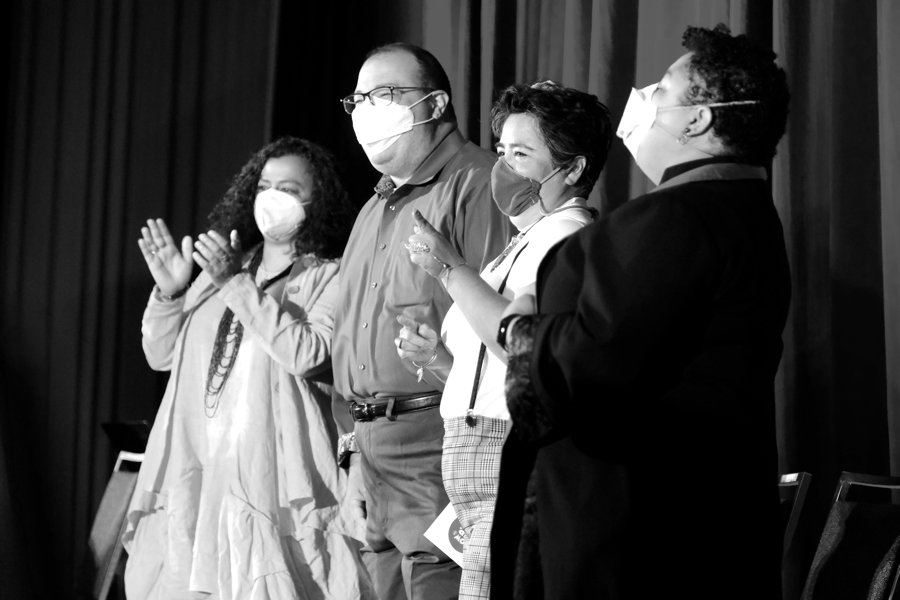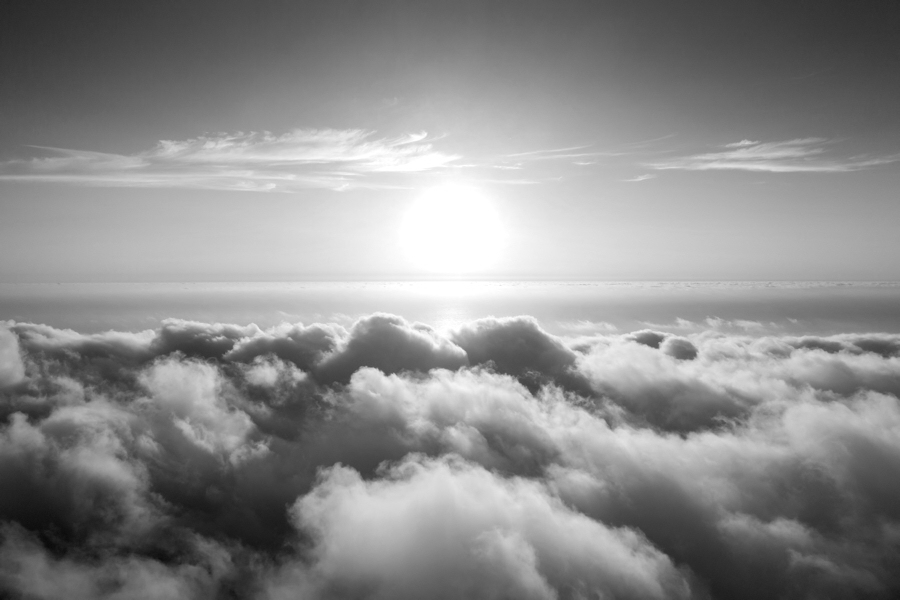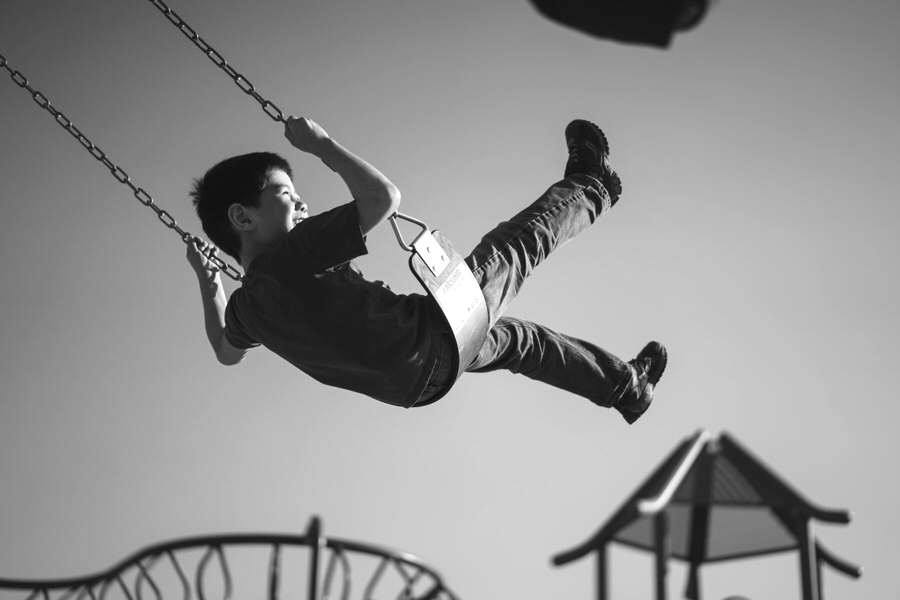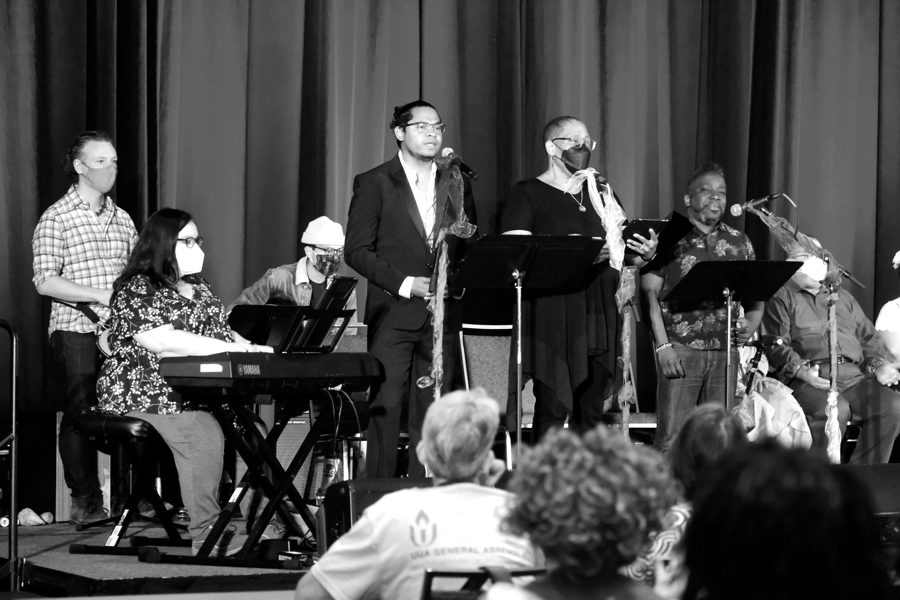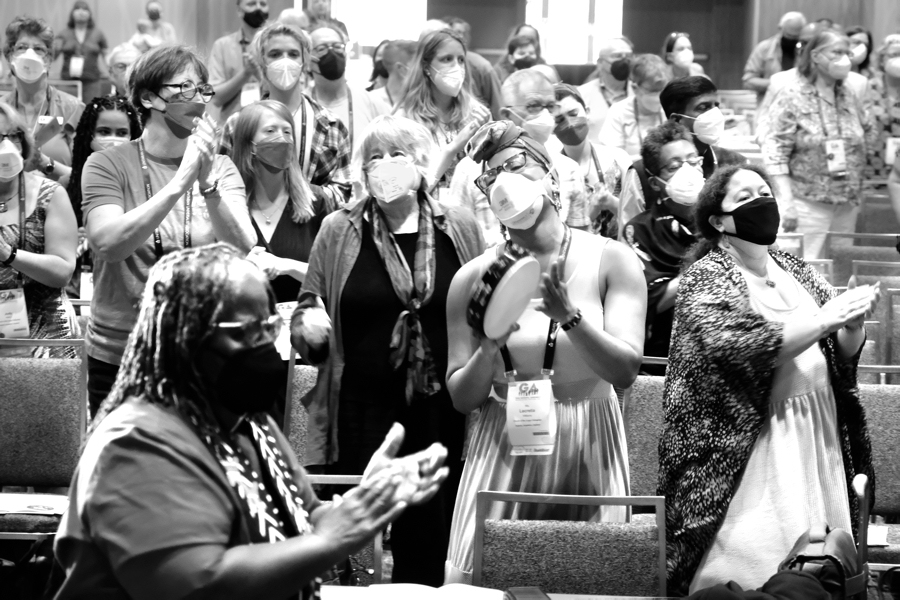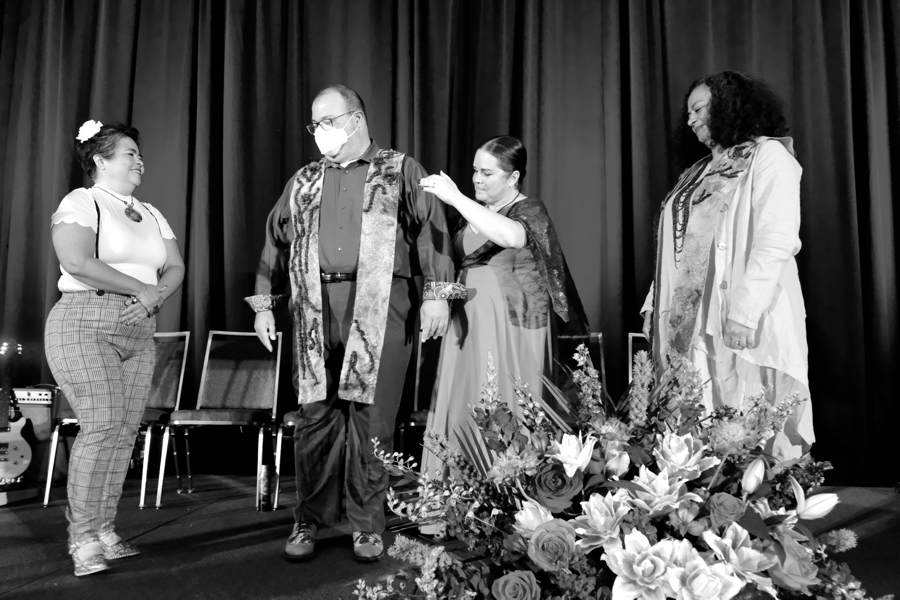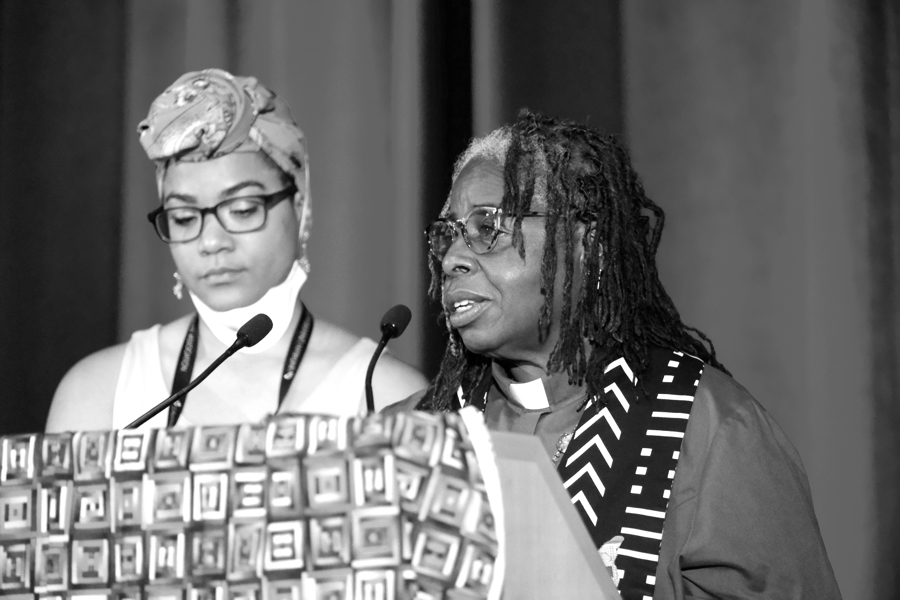The Side With Love Organizing Strategy Team is hiring!
Our Democracy Strategist will work with Unitarian Universalist individuals, congregations, and institutions to equip, engage and mobilize them for impactful, values-based pro-democracy organizing. This person will deepen collaborative organizing partnerships with secular and multifaith coalitions and organizations who are working on voting rights, electoral justice, building multi-racial democracy, and fighting authoritarianism and fascism.
If you have 5+ years’ experience with electoral and/or voting rights campaigns at the local, regional, and/or national level, look at the job description and apply!
Democracy Strategist
Title: Democracy Strategist
Location: Open*
Hours/Week: 35, with benefits
Purpose
To equip, engage, and mobilize Unitarian Universalist individuals, congregations, and institutions for impactful, values-based pro-democracy organizing through Side With Love’s campaigns and programs. To maintain and deepen collaborative organizing partnerships with secular and multifaith coalitions and organizations working in the areas of voting rights, electoral justice, building multi-racial democracy and fighting authoritarianism and fascism.
Principal Responsibilities
1. Serves as the lead strategist of the UU the Vote campaign; designs and leads the execution of a national, multi-strategy, hybrid program that engages our base to build power, deepen leadership capacity, and take impactful action in alignment with Unitarian Universalist values and pro-democratic movements for justice. Convenes the SWL team and related UUA partners to execute the strategy.
2. Creates year-round programming that incorporates longer-term democracy organizing with short-term campaign work related to electoral cycles, including primaries, direct democracy campaigns, ballot initiatives and referenda, and general elections.
3. Manages and develops strategic partnerships. Nurtures and serves as primary liaison for partnerships between UU congregations and statewide, regional and national partners within the broader ecosystem of pro-democracy and voting work.
4. Designs accessible, inspiring volunteer recruitment and training strategies that allow UUs with diverse identities, skills, capacities, and passions to meaningfully participate in electoral and pro-democracy work.
5. Identifies strategic opportunities within the democracy and voting rights landscape to mobilize UU communities for concrete, impactful, on-the-ground engagement with non-partisan campaigns in key places. In consultation with the Field Organizing team, identifies and provides direct support to these congregations/communities to develop leadership, grow capacity and skill, and mobilize in support of local and state campaigns and movements.
6. Engages in regular assessment of program effectiveness and impact, including qualitative and quantitative metrics. Provides comprehensive annual analysis and reporting on the overall program.
7. Oversees online programs that support UU the Vote leaders around the country, including coaching, political education, organizing training, and spiritual grounding. In consultation with Field Organizing Team, develops training programs to equip volunteer leaders and congregational teams with the concrete skills needed to develop organizing plans for their own religious communities, and effectively recruit and mobilize fellow congregants to carry out those strategies.
8. Plans and executes in-person and online gatherings to train, coordinate, and mobilize UUs and their partners at critical moments.
9. Supports the use and implementation of voter contact tools and other technologies, such as dialers, mobile apps, and the voter file for UU participants.
10. Stays up-to-date on electoral landscape and provides briefing for UUA staff, UU partners, and congregations.
11. Researches and analyzes electoral and voting rights landscape of target states.
12. Supervises UU the Vote Fellows, interns, and other UU the Vote-specific paid or volunteer staff.
13. Other responsibilities as assigned.
Qualifications
This is exempt Grade 12 position (expected hiring range of $62,000-$70,000 depending on experience). Note that qualifications may be met as a result of lived experience, volunteer work, professional experience, and/or formal or informal training. Requirements include:
Must be able to work independently and be highly self-motivated, demonstrate creative problem-solving and excellent professional judgment, possess resiliency and ability to work in a rapidly changing and fast-paced environment
5+ years’ experience with electoral and/or voting rights campaigns at the local, regional, and/or national level
Experience managing program or organization budgets
Preferred proficiency with digital tools critical for organizing, such as EveryAction, VAN, Slack, dialers, Google Suite and social media platforms
Excellent skills in building and maintaining partner and constituent relationships, including strong preference for experience working with faith leaders, congregations, and coalitions
Commitment to developing organizing strategies and partnerships that align with Unitarian Universalist values and principles.
Ability to act collaboratively and flexibly as a member of a remote staff team, including proficiency with technologies such as Google docs, Slack, Asana, Zoom, etc.
Solid verbal, written, and interpersonal communication skills.
Proven ability to design and facilitate group experiences (in person and remotely) that engage, educate, and empower participants to deepen their leadership skills and mobilize others to work for justice.
Deep commitment to countering systems of oppression and leading with intercultural fluency and humility. Worked or lived experience with Black/Indigenous/communities of color, LGBTQIA+ communities, and poor and/or rural communities is of particular value.
Exceptional oral and written communication skills.
Ability to travel if and when pandemic conditions allow
Willingness to work with volunteers whose schedules require convening meetings and events on evenings or weekends.
* Location is open in the continental United States. You should have easy access to a major airport due to the travel requirements of this position.
How to Apply
People with disabilities, people of color, indigenous people, Hispanic/Latinx, and LGBTQ candidates are encouraged to apply. The UUA is committed to developing a diverse and talented staff team. If you are excited about this role, but are unsure whether you meet 100% of the requirements, we encourage you to inquire and/or apply. Send cover letter and résumé—indicating “Democracy Strategist ” in the subject line—via e-mail to careers @ uua.org, via fax to (617) 948-6467, or to Human Resources, UUA, 24 Farnsworth Street, Boston, MA 02210. E-mail submissions preferred.
About the UUA
The Unitarian Universalist Association is a progressive religious denomination headquartered in Boston’s waterfront Fort Point Innovation District. Our faith community of more than 1,000 self-governing congregations brings to the world a vision of religious freedom, tolerance, and social justice. Our normal workweek is 35 hours, we pay 80% contribution towards health insurance premiums, 10% towards retirement (after one year), and have generous paid time-off policies.
We are a great place to work and we value diversity. The UUA is an Equal Opportunity Employer and is committed to the full inclusion of all. As part of this commitment, the UUA will ensure that applicants and staff with disabilities are provided reasonable accommodations.
If reasonable accommodation is needed to participate in the job application or interview process, to perform essential job functions, and/or to receive other benefits and privileges of employment, please contact the Office of Human Resources at (617) 948-4648 or humanresources@uua.org.
Proof of a full course vaccination against COVID-19 is a requirement of employment, in alignment with the UUA's commitments to science and equity, protecting those who are most vulnerable. Medical exemptions are considered upon recommendation from a provider.
Please contact the Office of Human Resources at (617) 948-4648 or humanresources@uua.org. For more information on the UUA, visit us online at UUA.org and uuworld.org.
Support for the Mission and Values of the Association
The Unitarian Universalist Association is a progressive and historic religious denomination. While it is not generally required or expected that an applicant/employee identify as a Unitarian Universalist (UU) or be a member of a UU congregation in order to work at the UUA, all UUA staff members are expected to perform their job duties in accordance with the UUA’s values, principles and mission. In particular the following points, drawn from the Seven UU Principles, are of particular importance for the UUA’s work environment and staff culture:
The inherent worth and dignity of every human being: We affirm the need for a human-centered workplace that allows our diverse staff to flourish. We also understand that our wider culture and society oppresses and denies human dignity, and we seek to counter the effects of that oppression in our hiring and workplace culture so that each person feels whole and valued.
Justice, equity and compassion in human relations, and the goal of world community with peace, liberty and justice for all: We speak openly and publicly of our support for social and political issues, including LGBTQ equity, racial justice, climate justice, gender equity, and reproductive justice.
The interdependent web of existence: We recognize that the liberation of all people is interwoven, and we work to counter patriarchy, white supremacy, colonialism, homophobia, transphobia, ableism, environmental exploitation, and other interrelated systems of marginalization.
As part of this commitment, the UUA will ensure that applicants and staff with disabilities are provided reasonable accommodations to participate in the job application or interview process, to perform essential job functions, and/or to receive other benefits and privileges of employment.
We're Hiring! Be our Democracy Strategist!
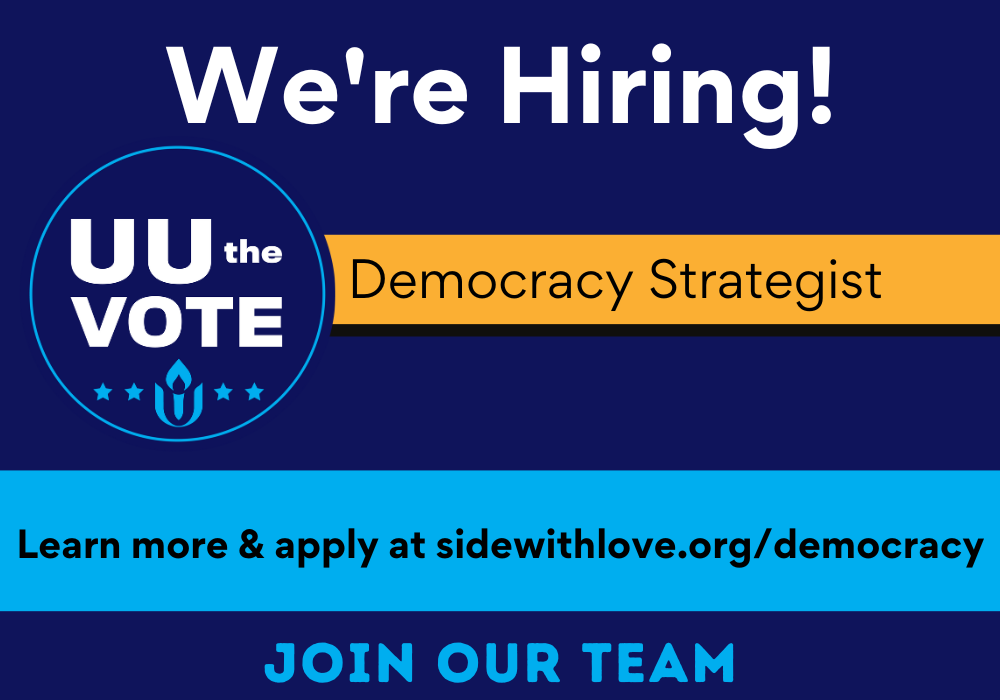
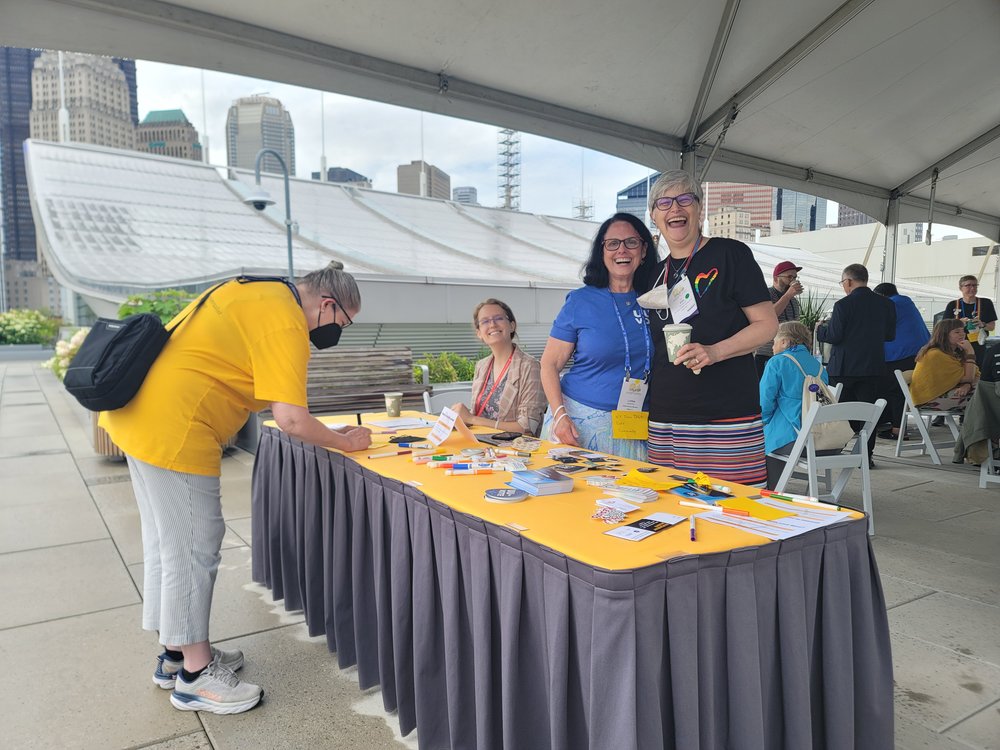
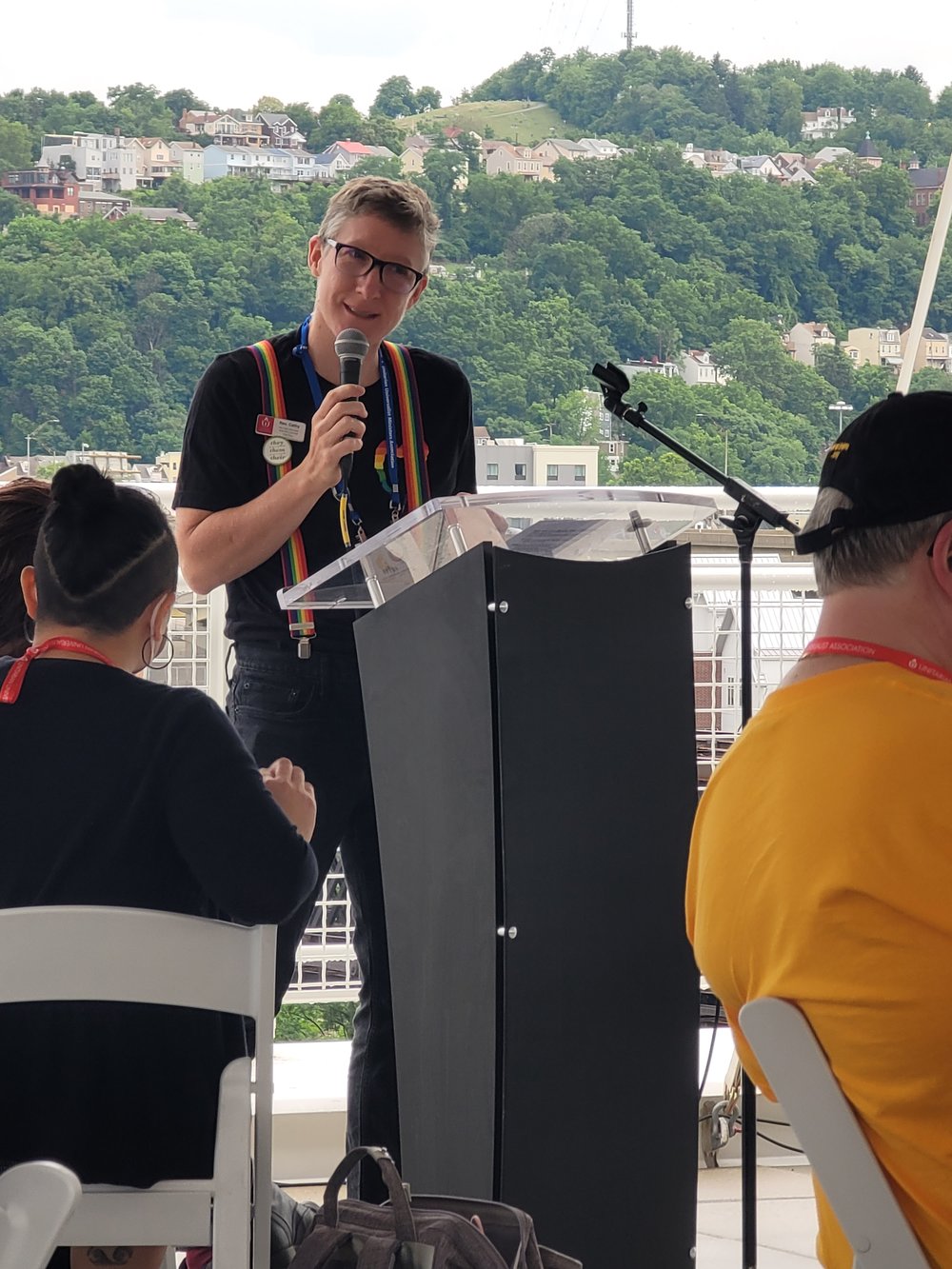
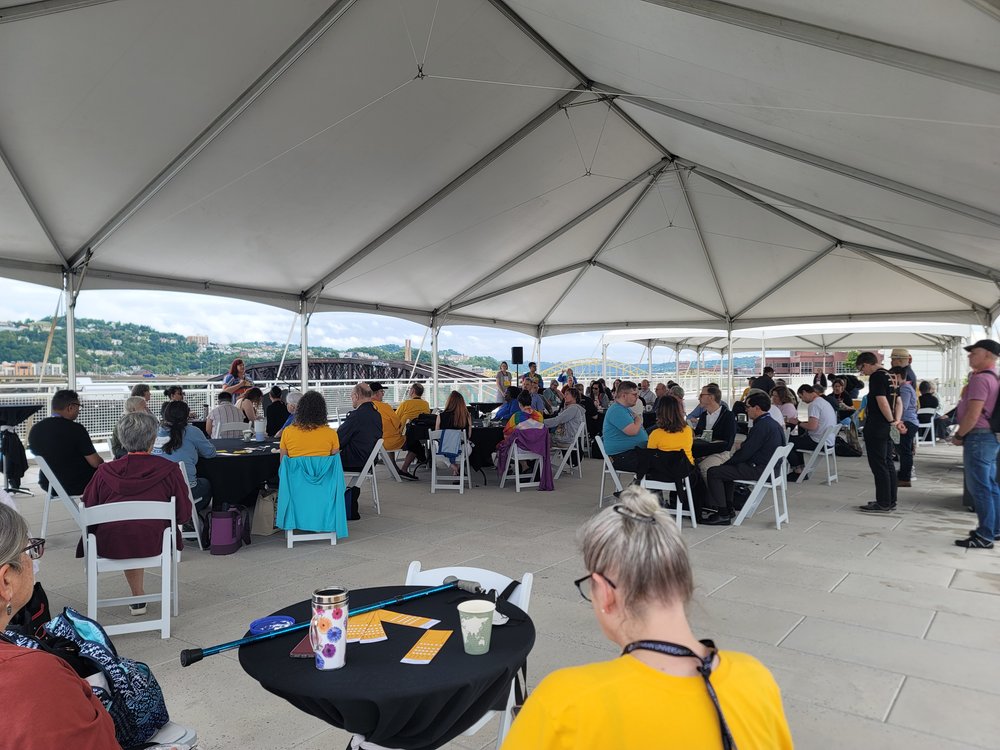
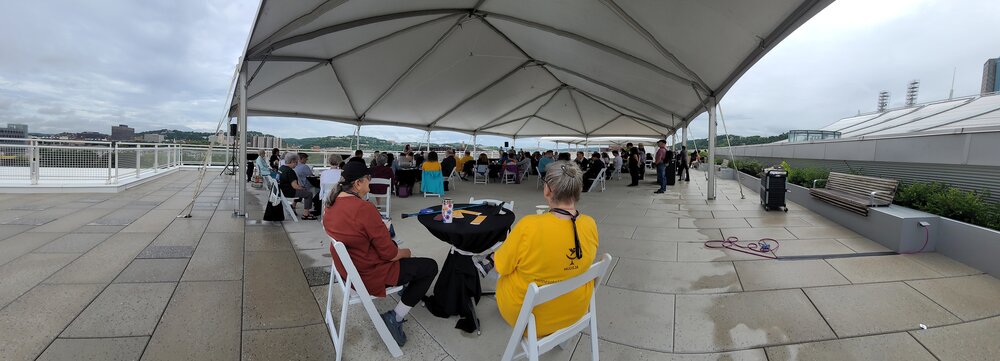
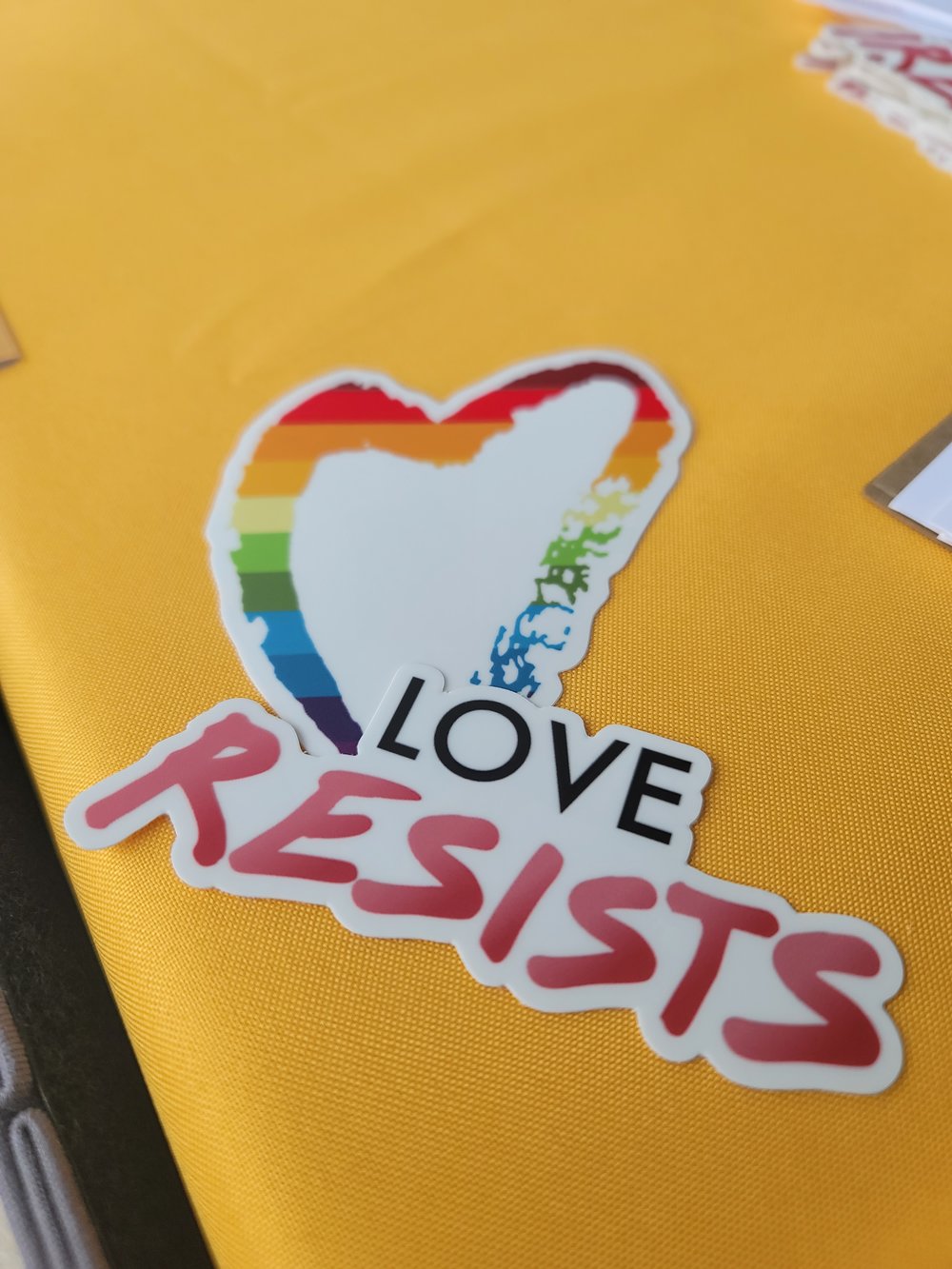
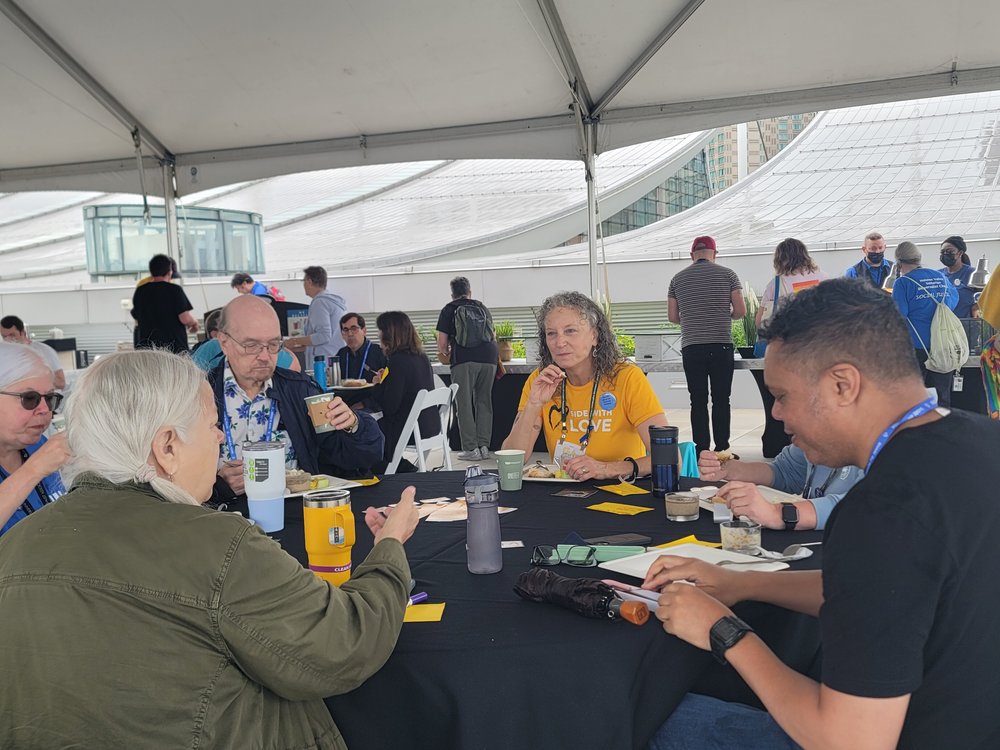
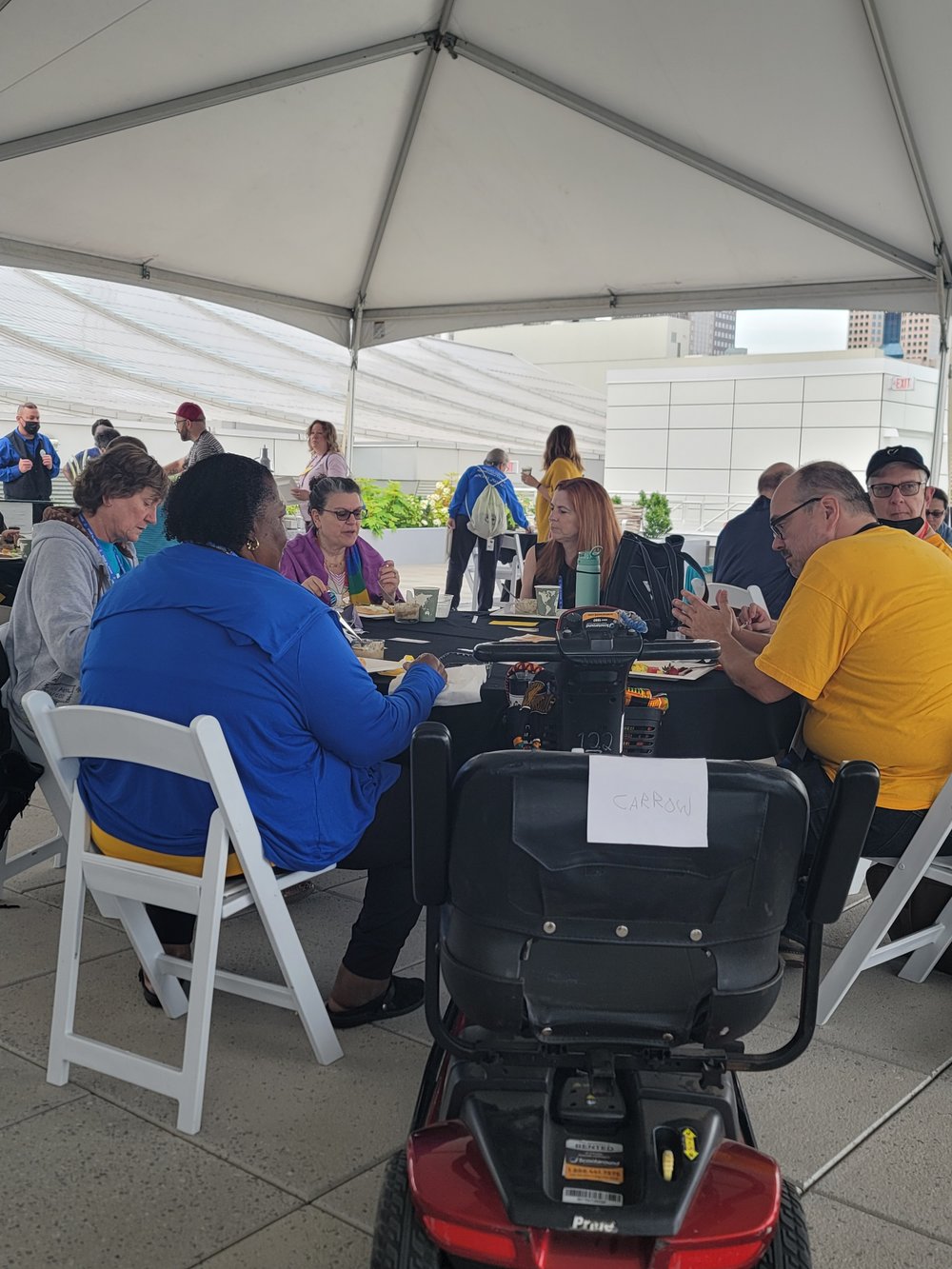
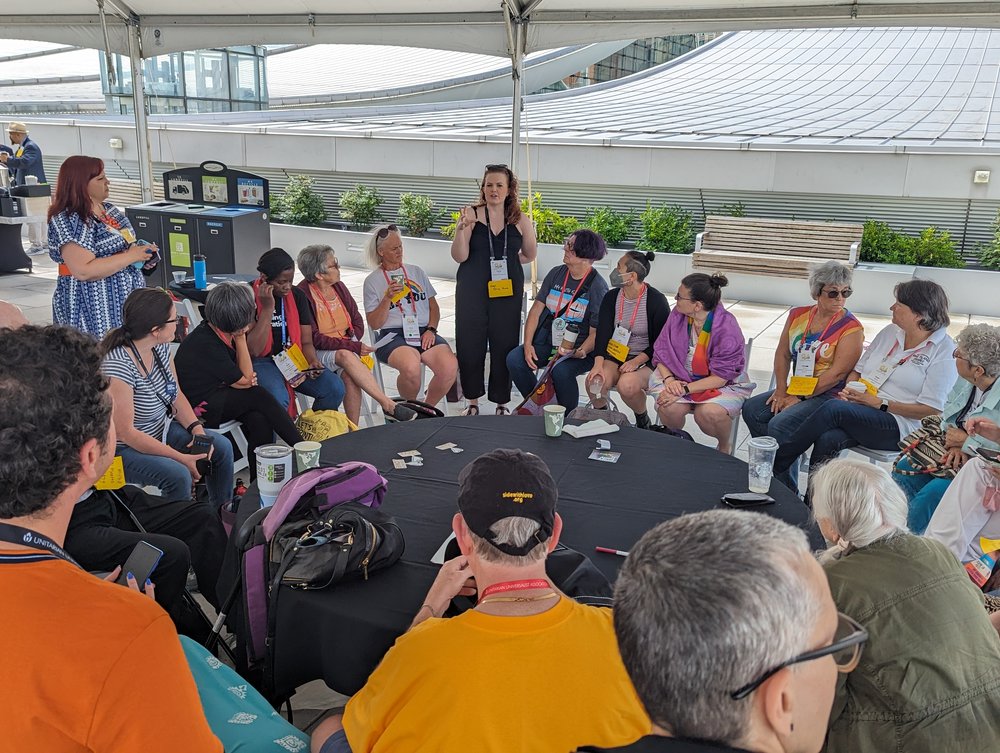
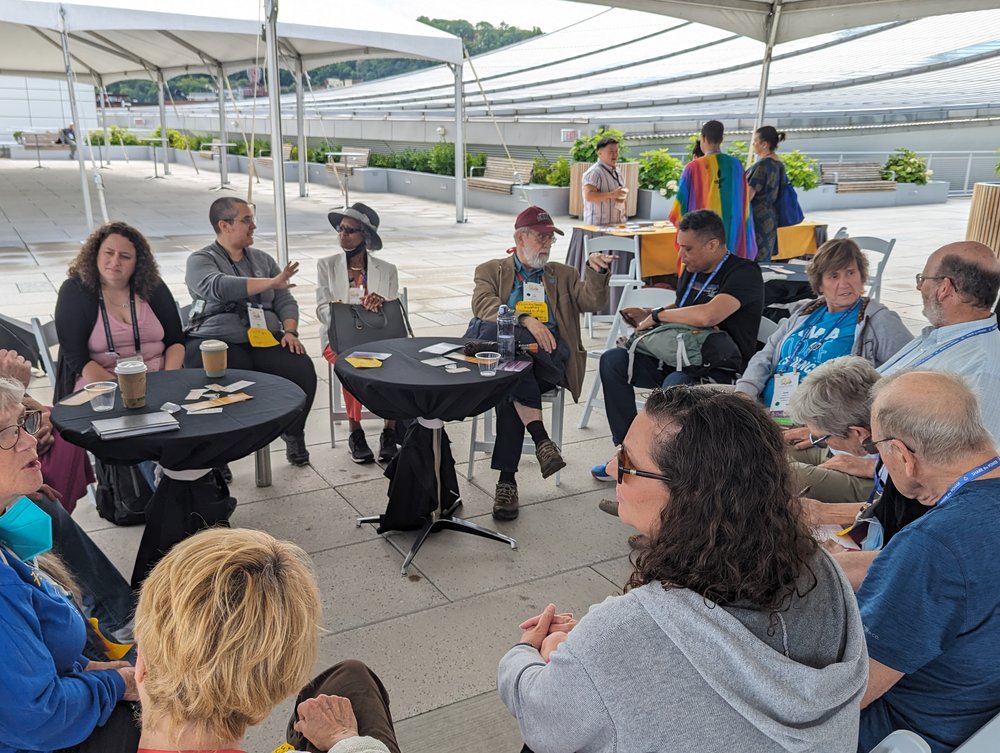

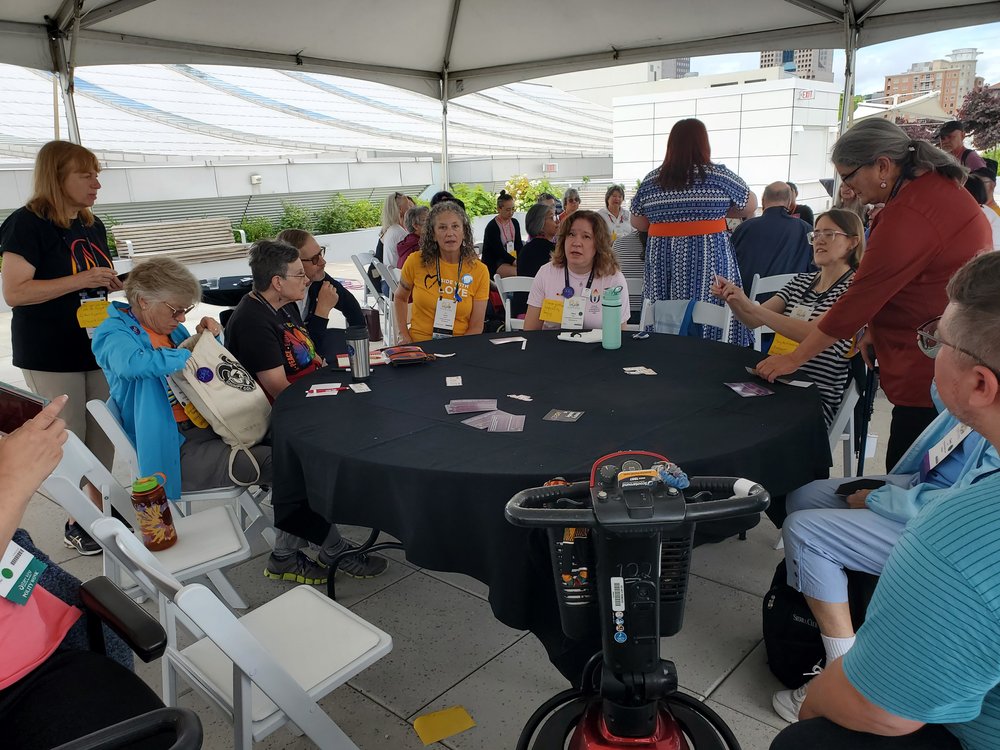
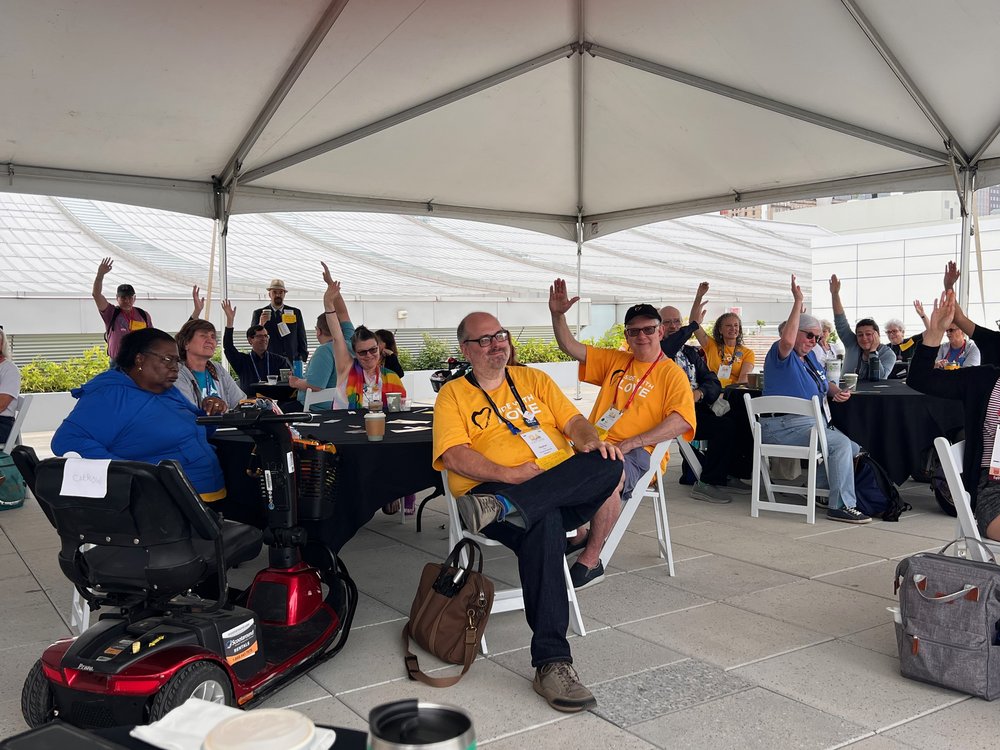
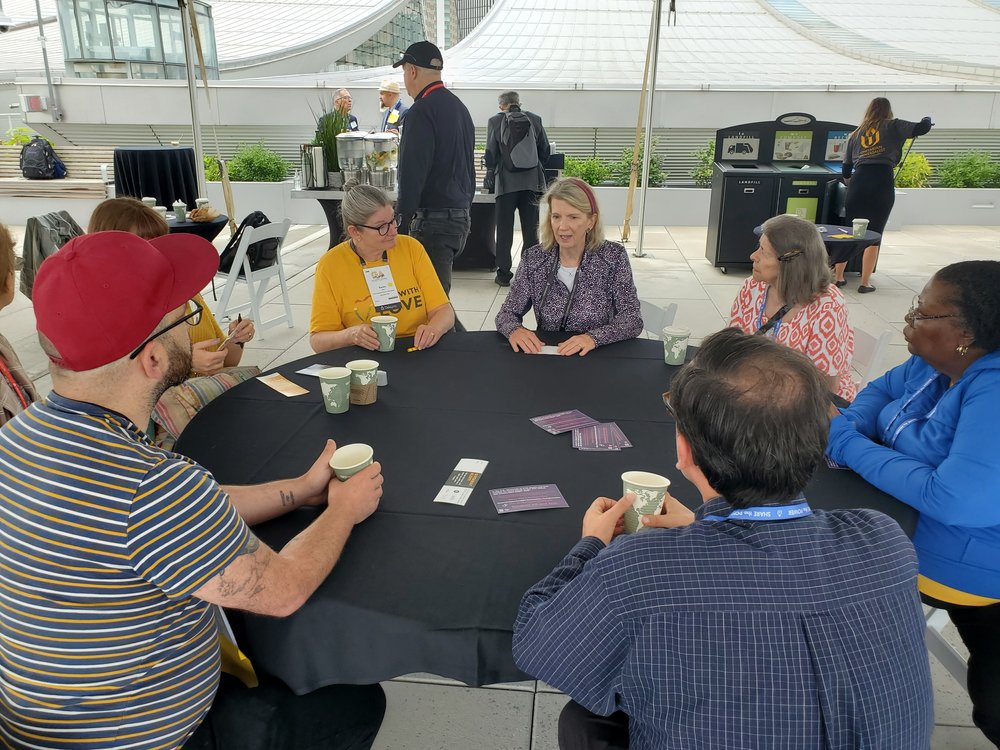
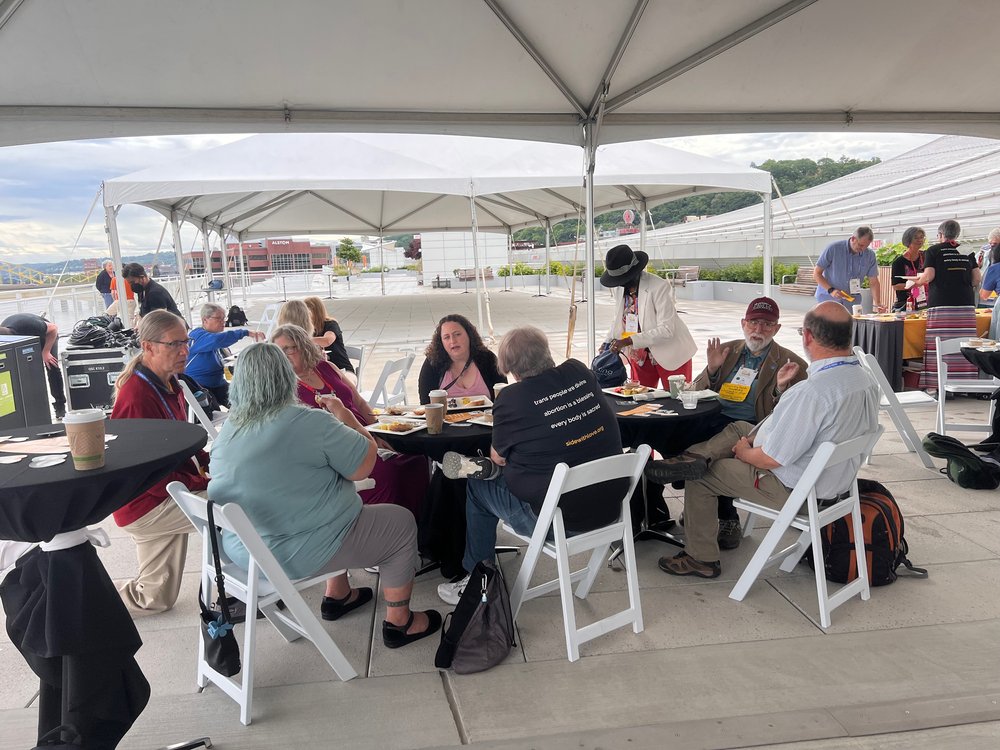
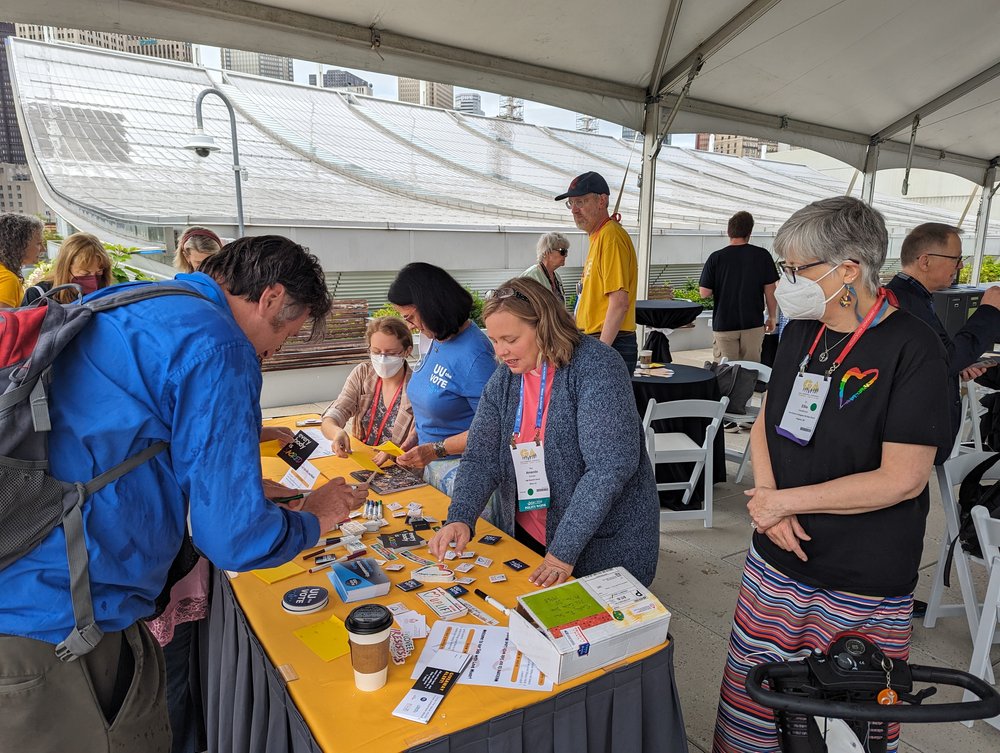
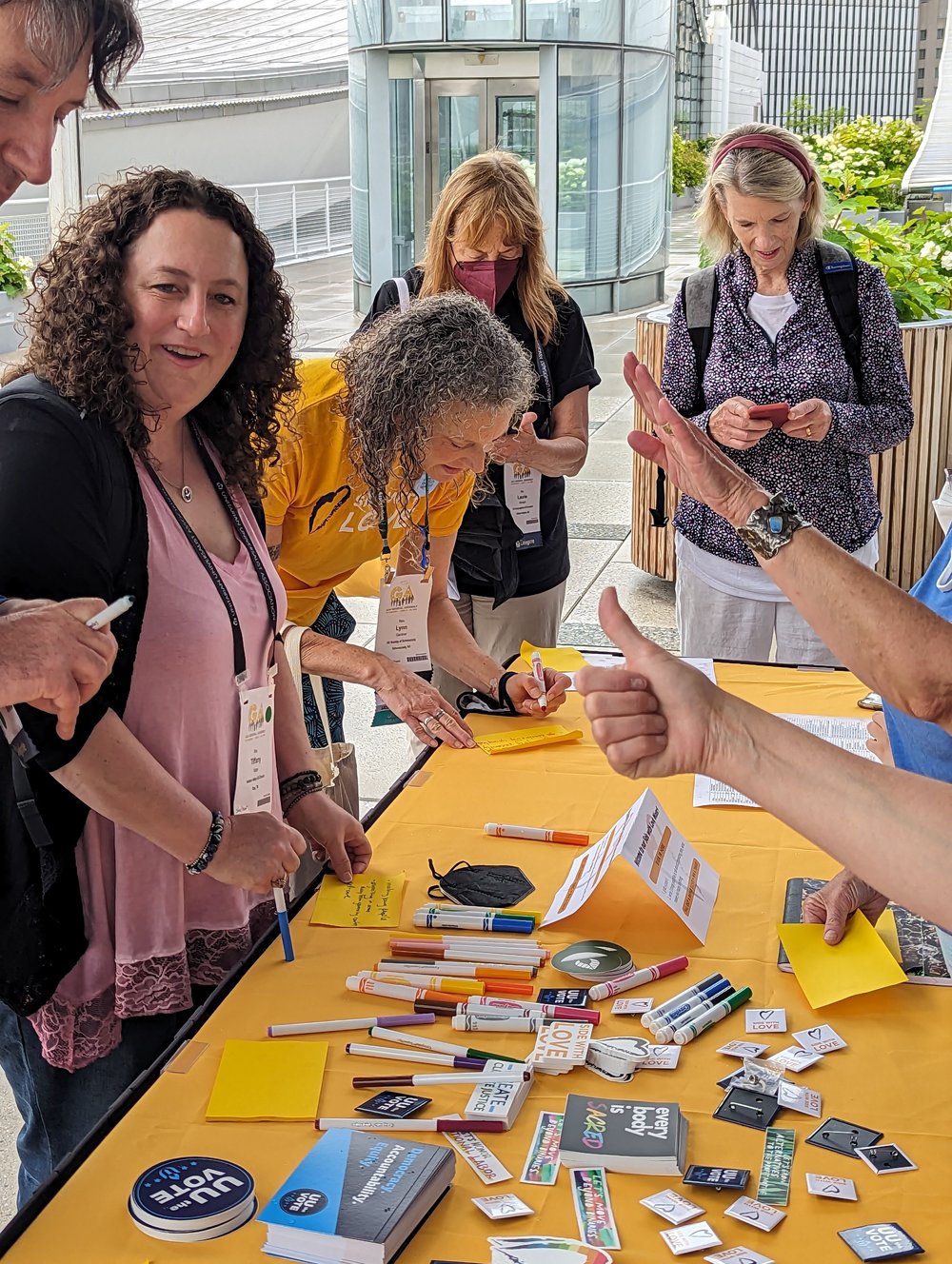
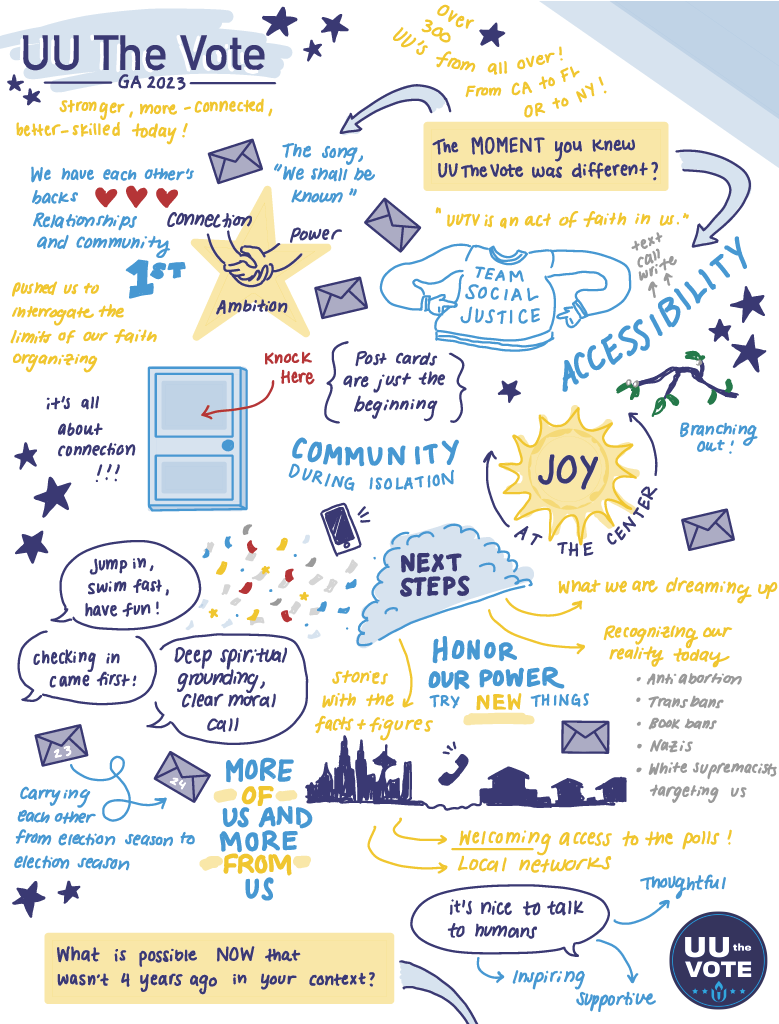
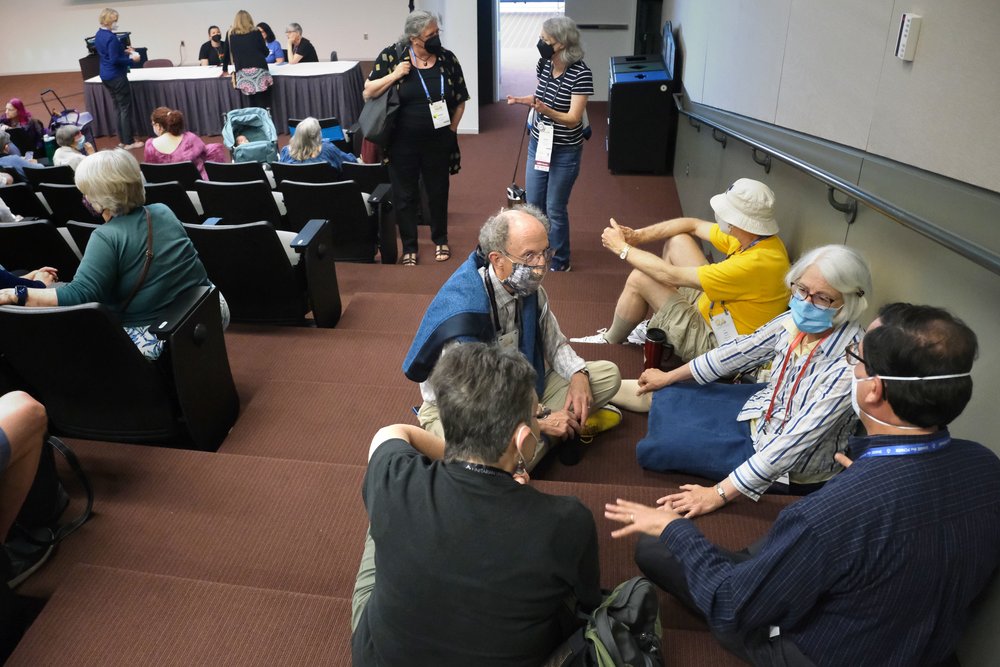
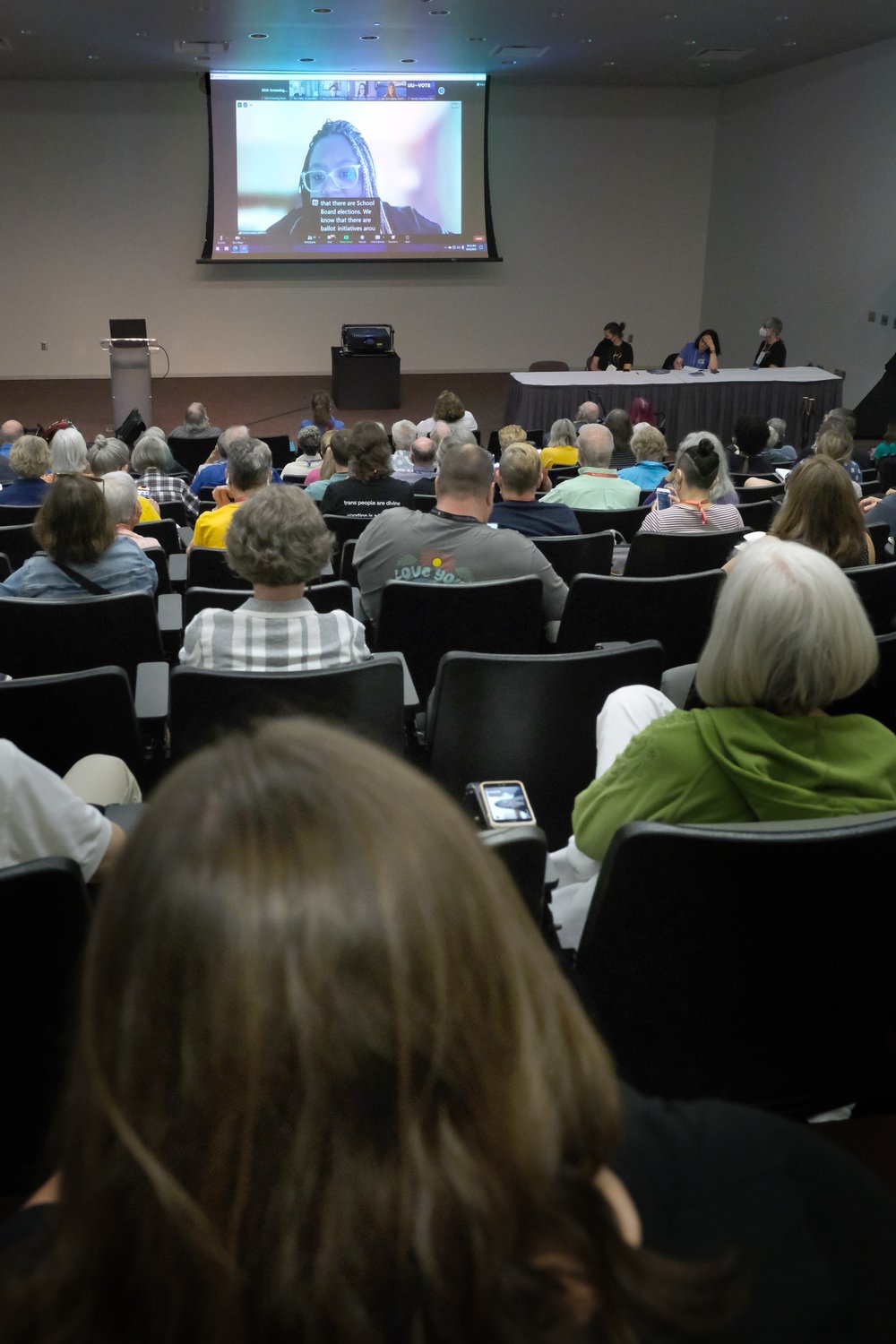
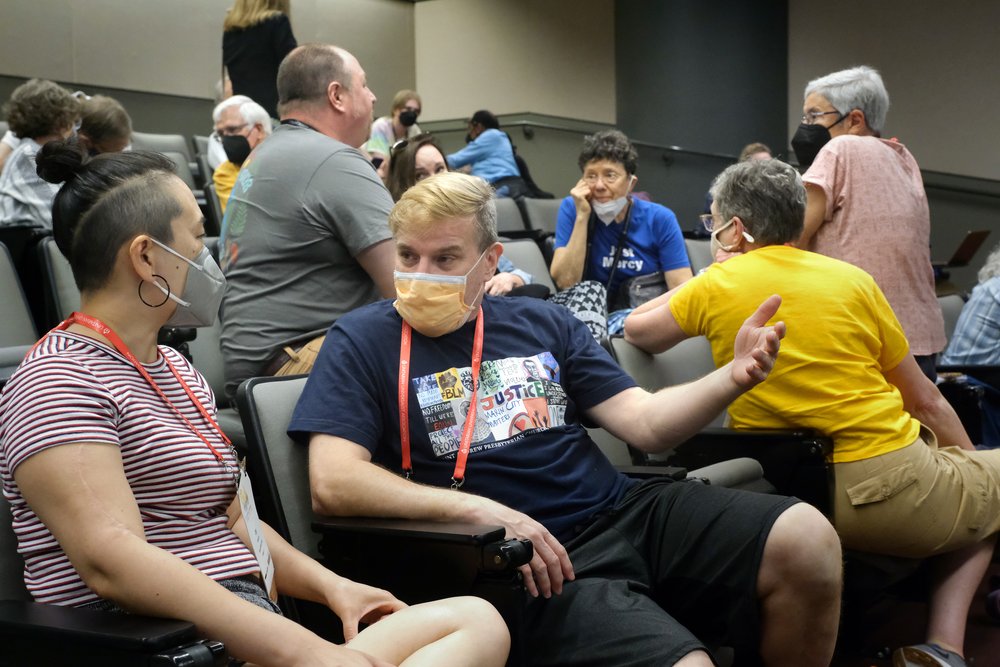
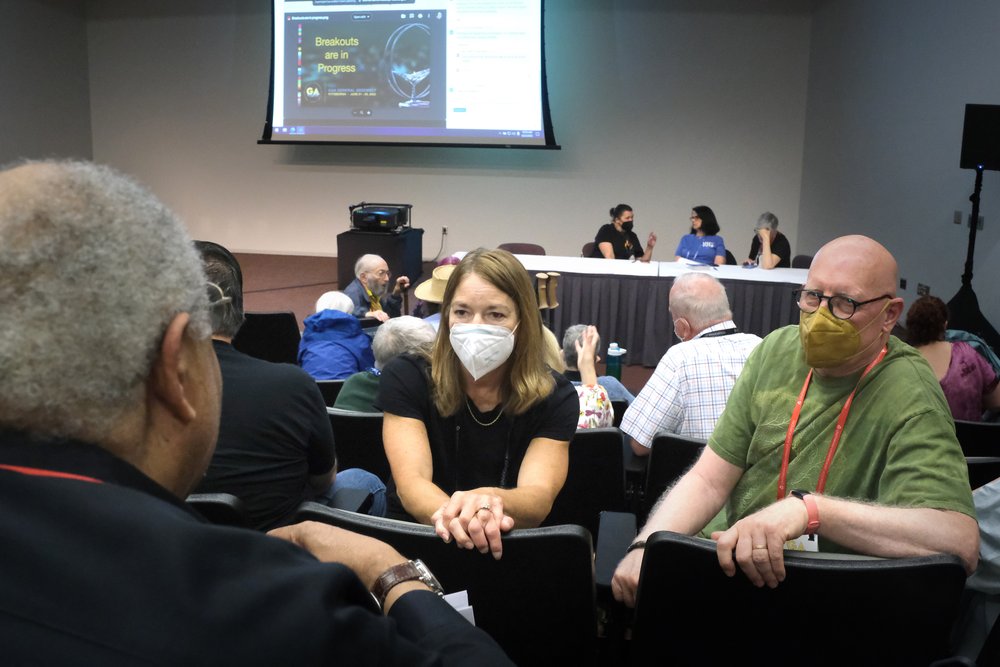
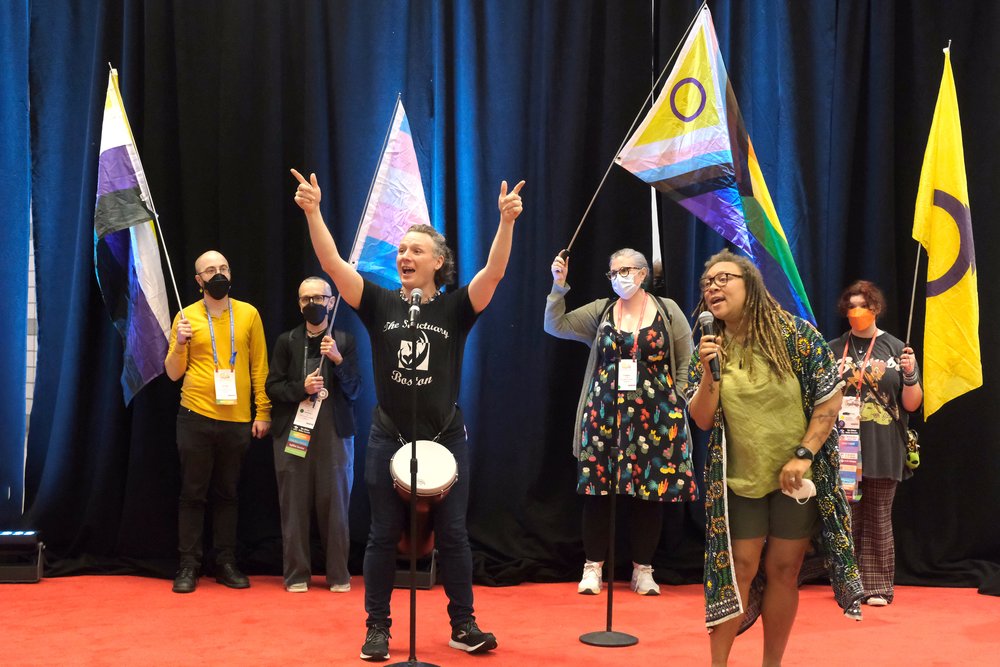
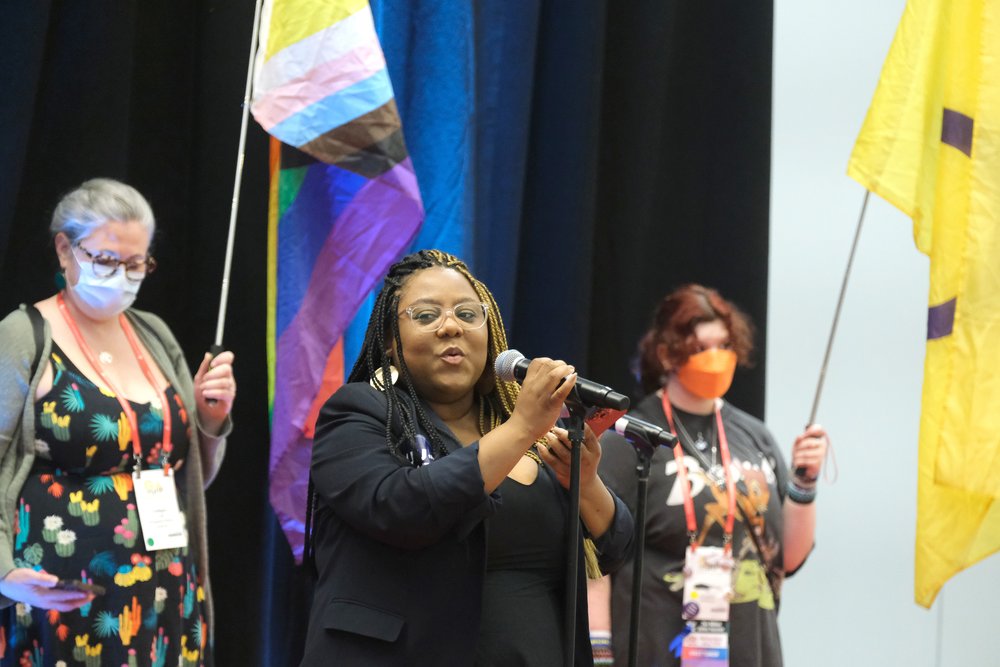
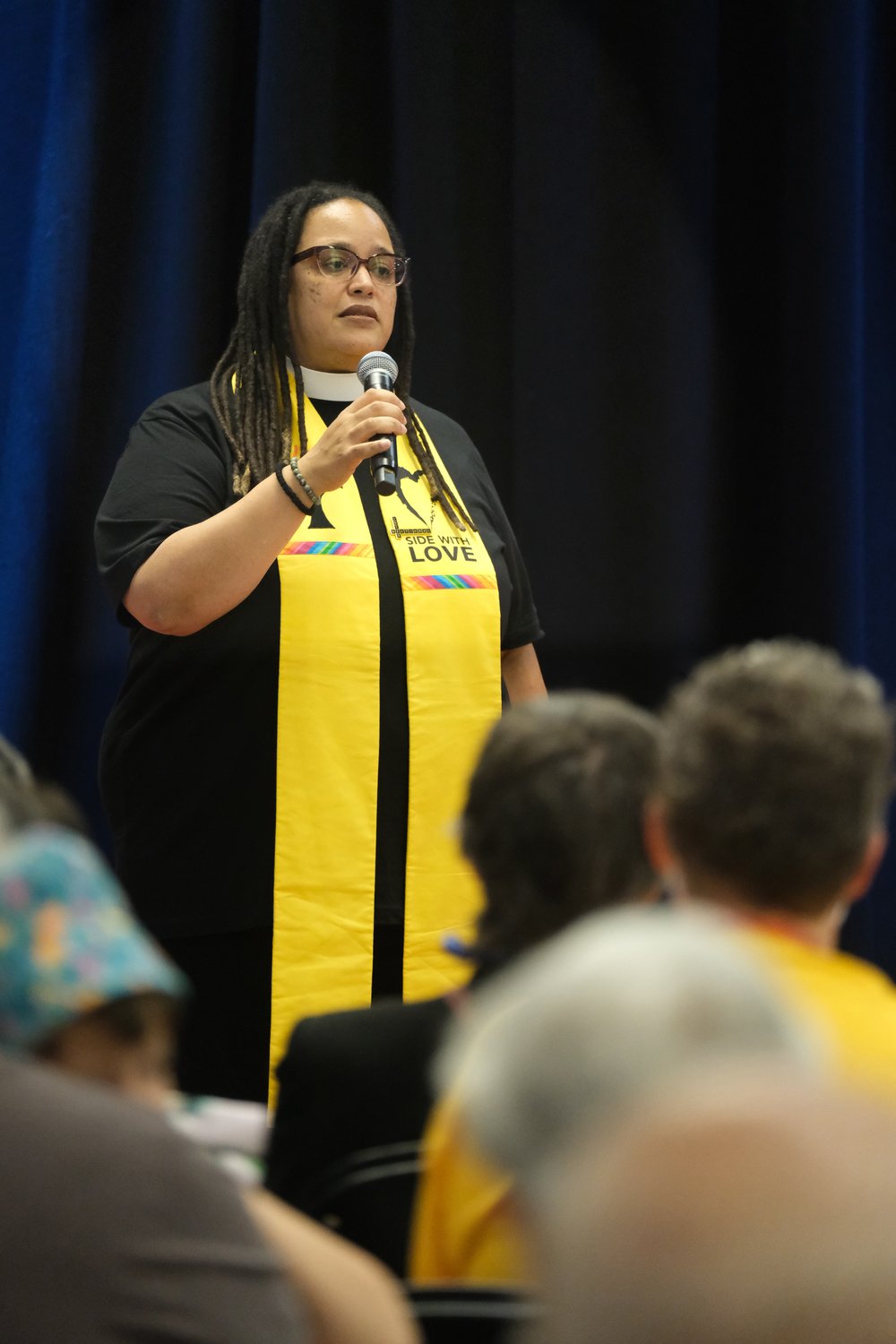
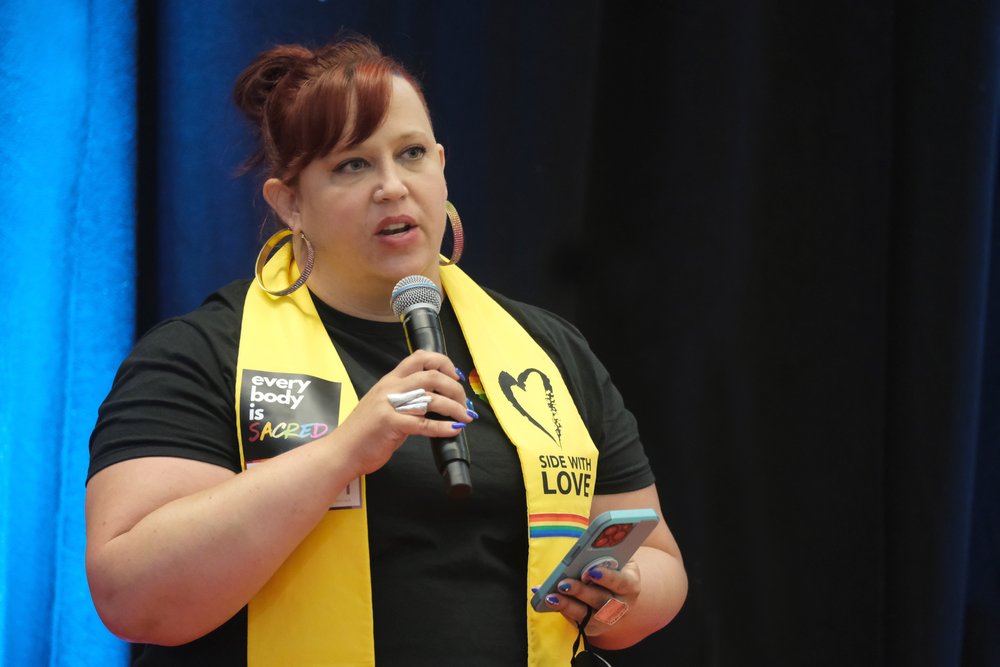
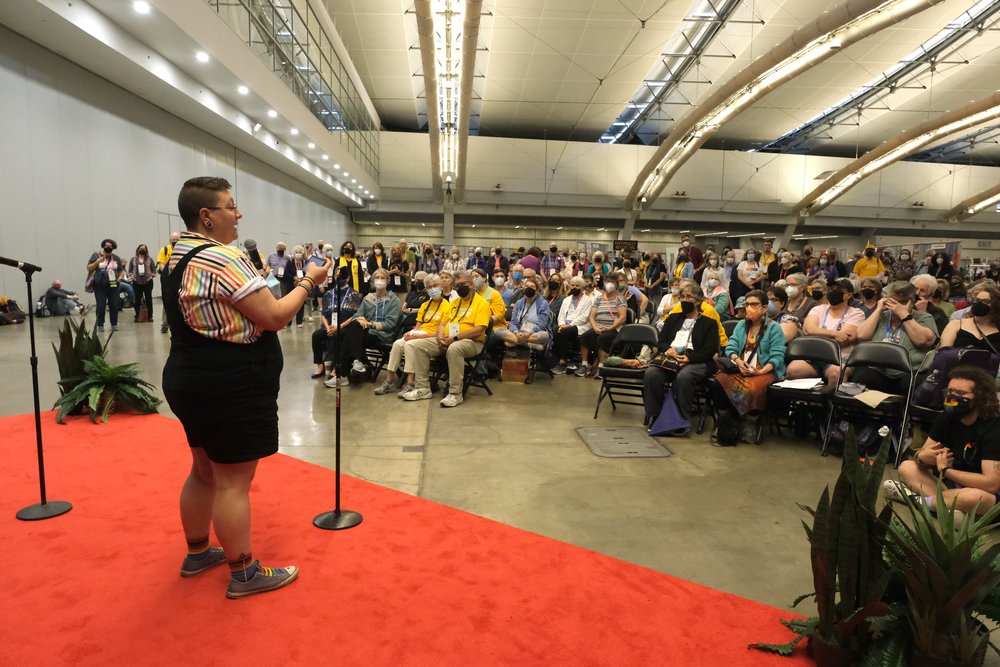
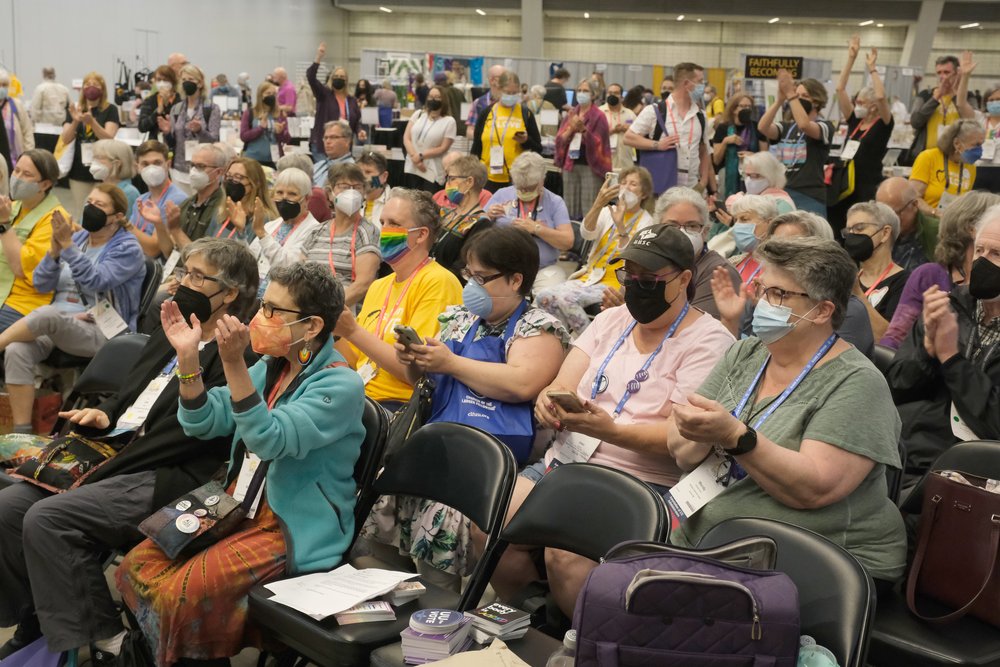
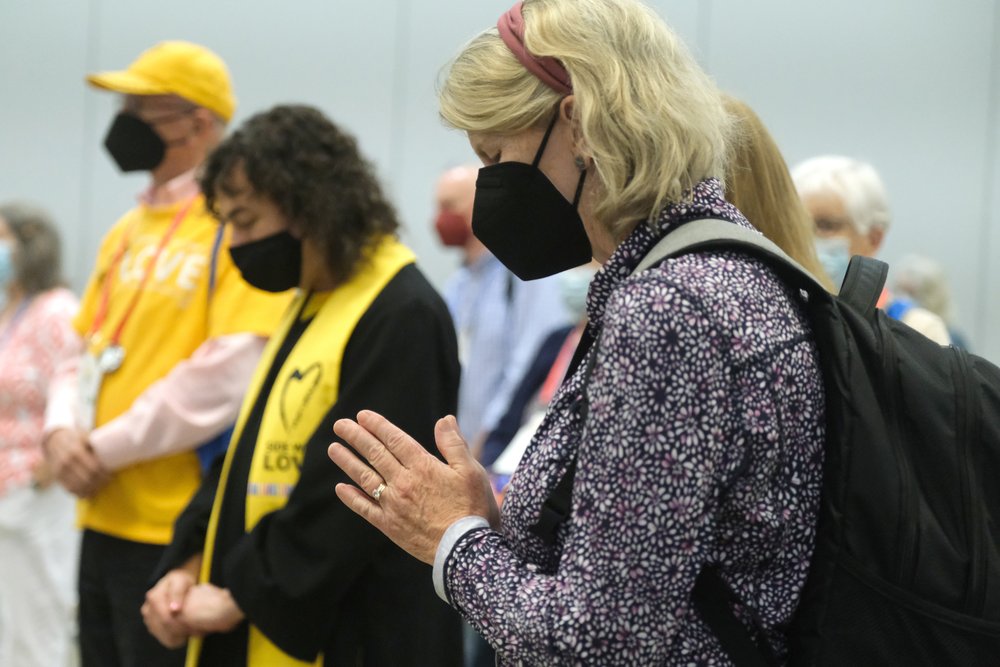
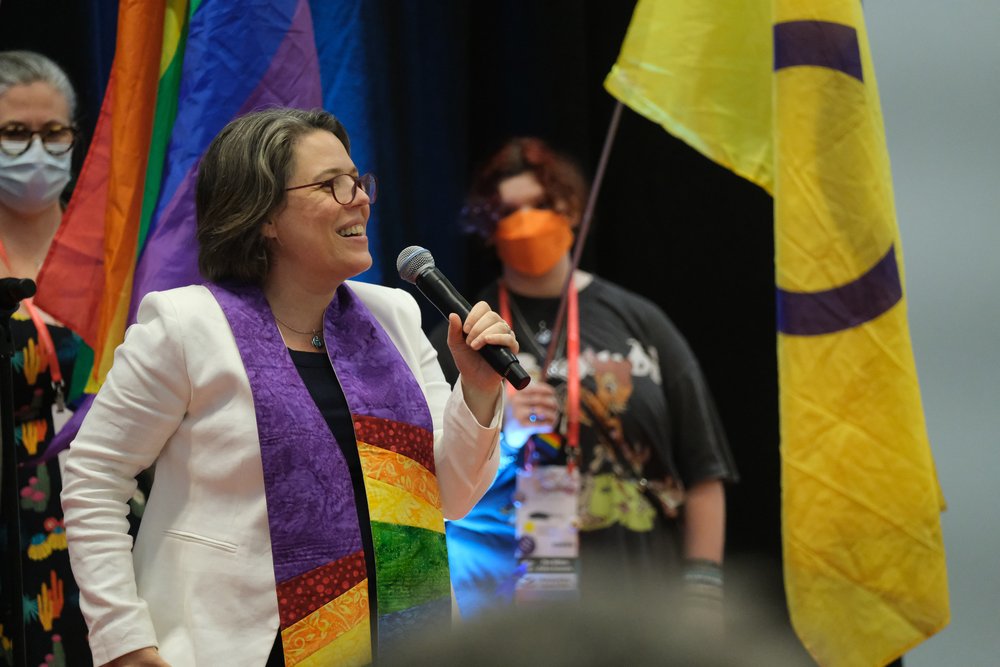



.png?format=1500w)


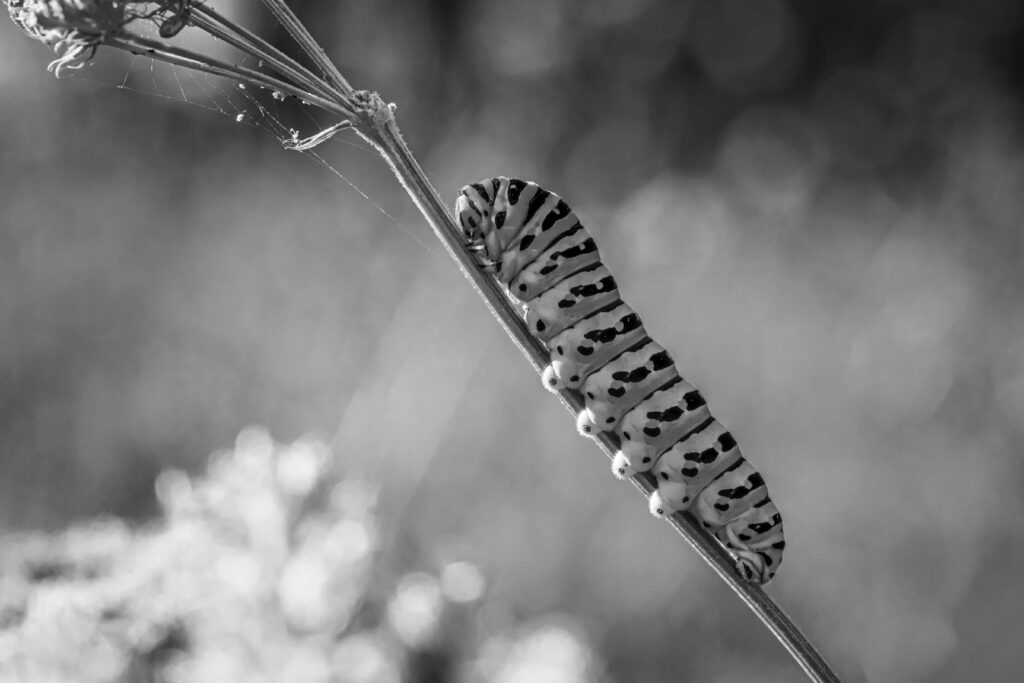
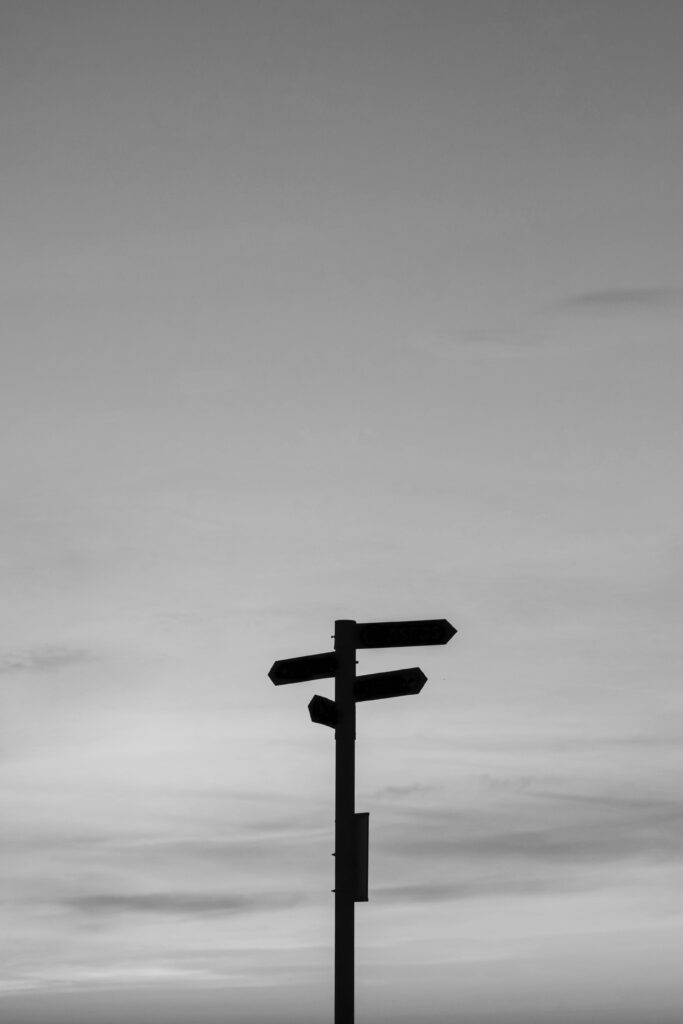
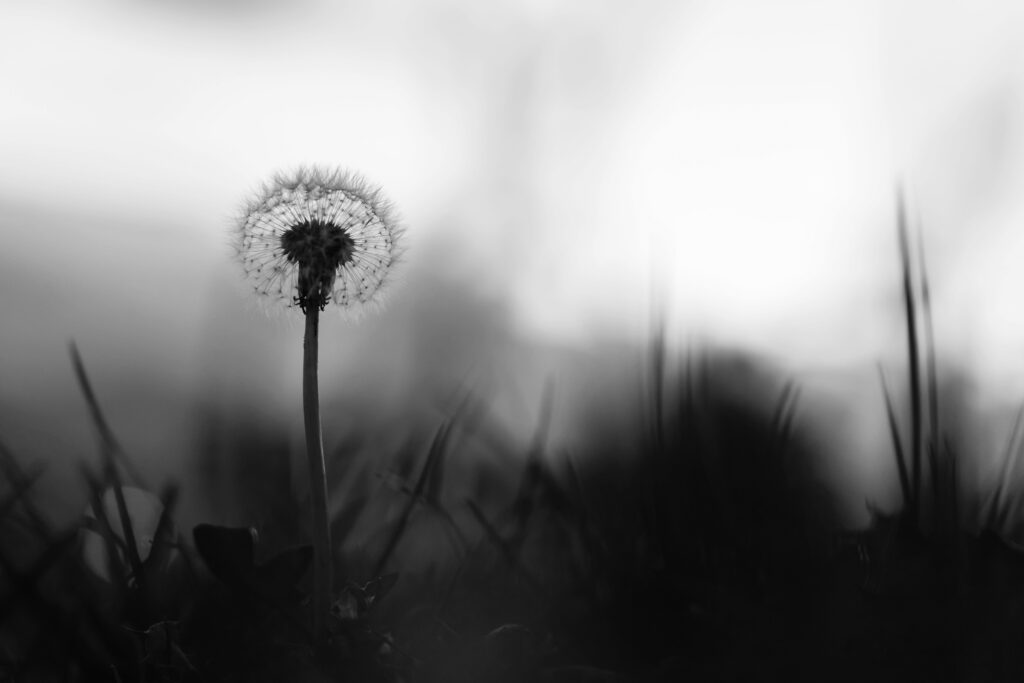

 (1000 × 700 px).png?format=1500w)

 (1).png?format=1500w)


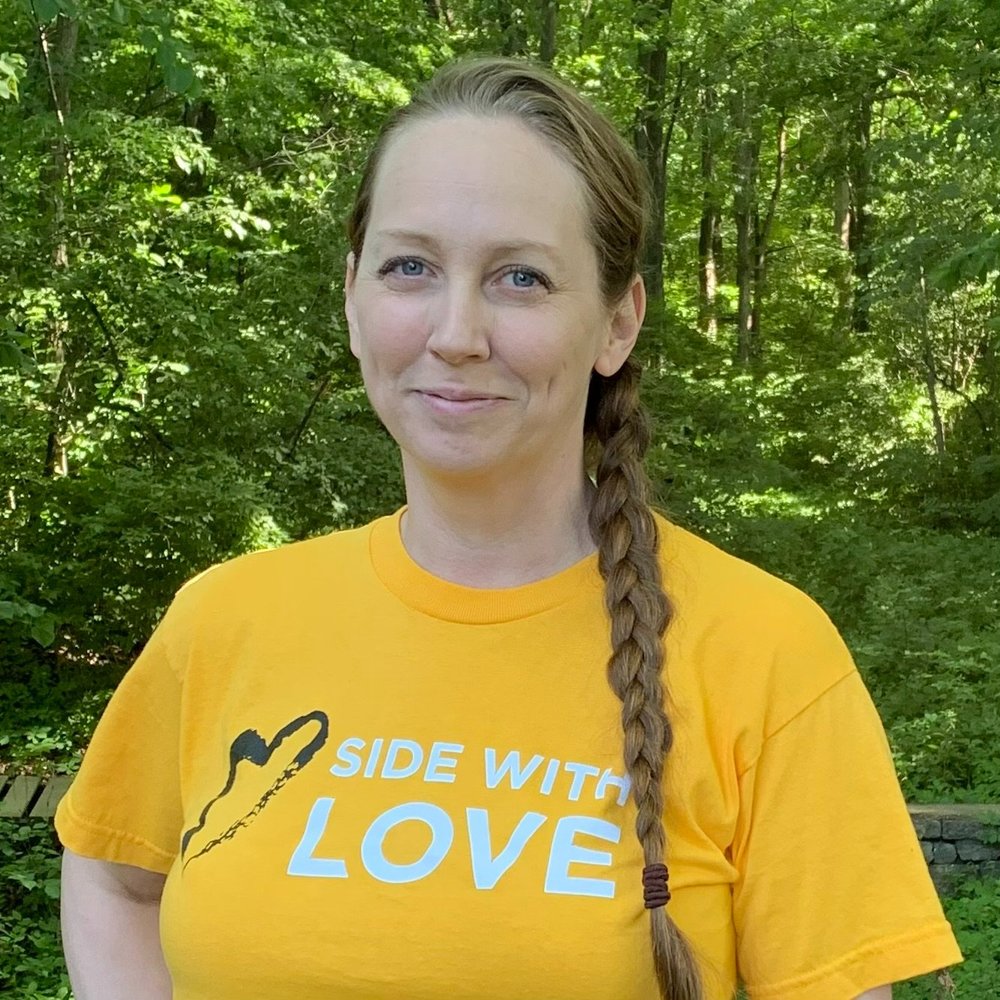


.png?format=1500w)

).png?format=1500w)
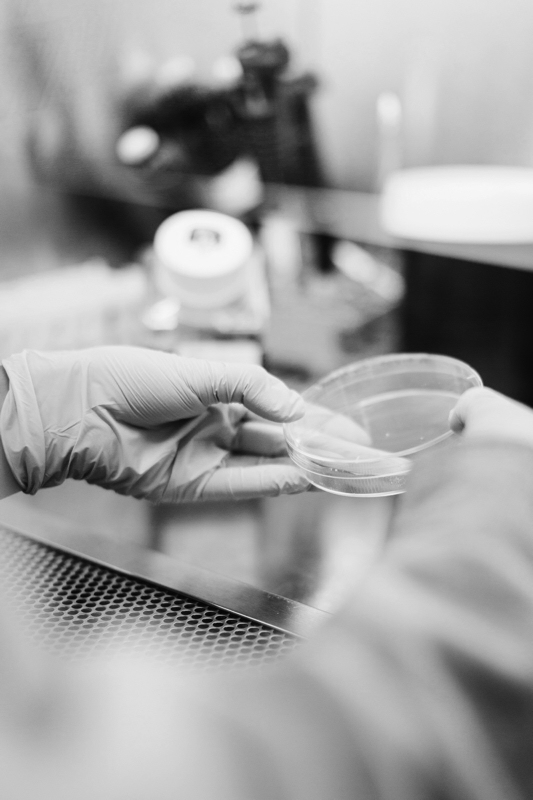
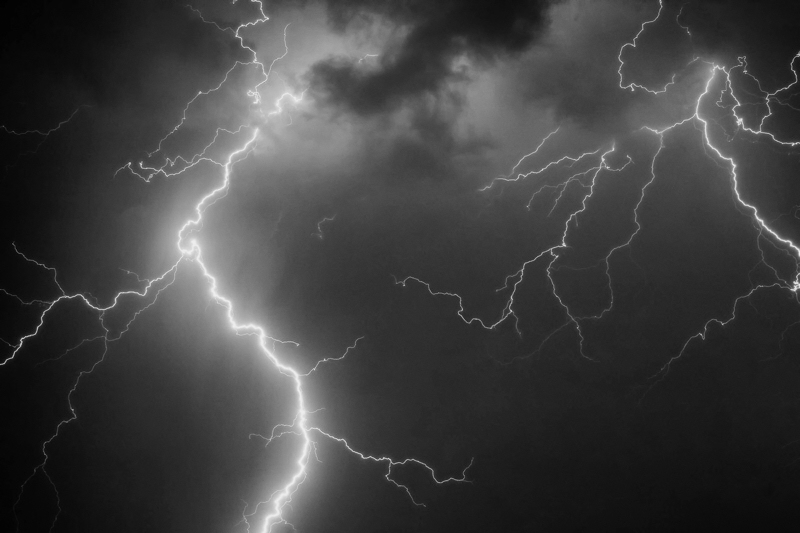



.png?format=1500w)



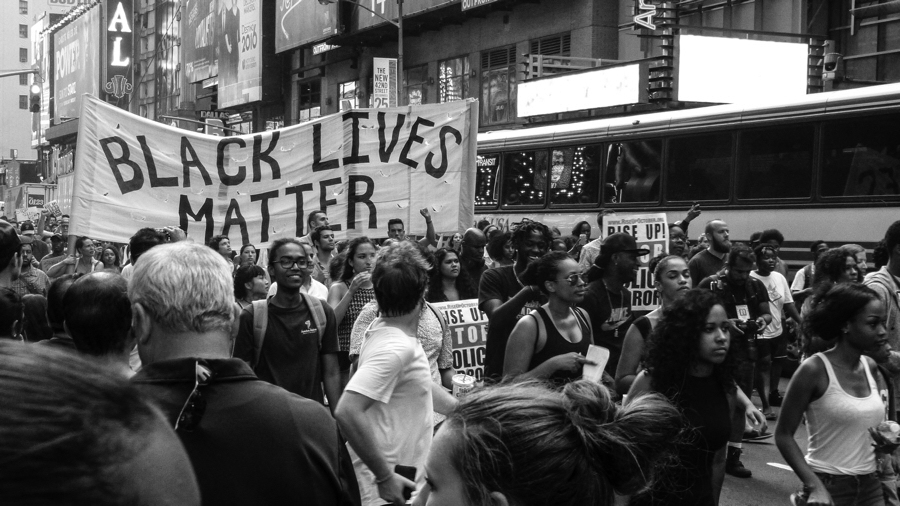
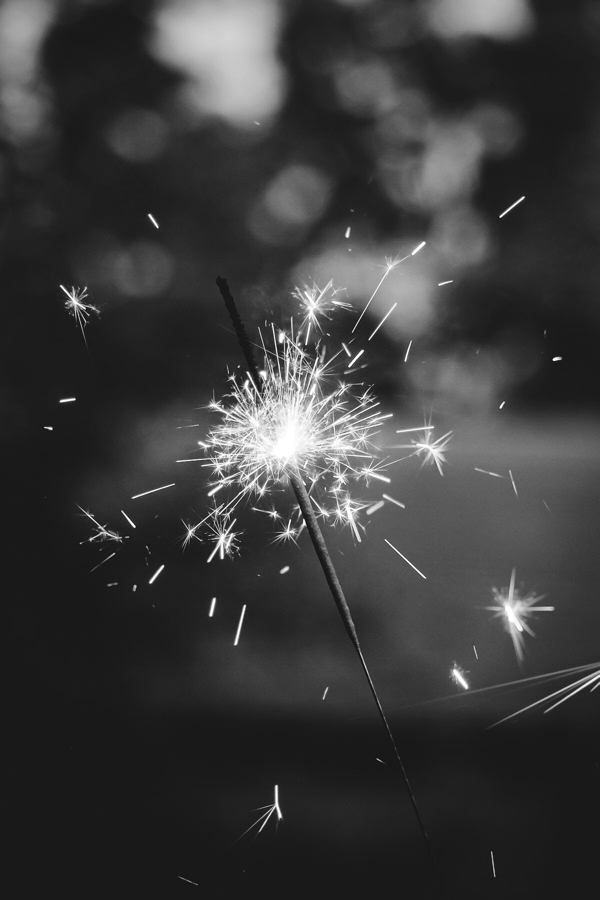
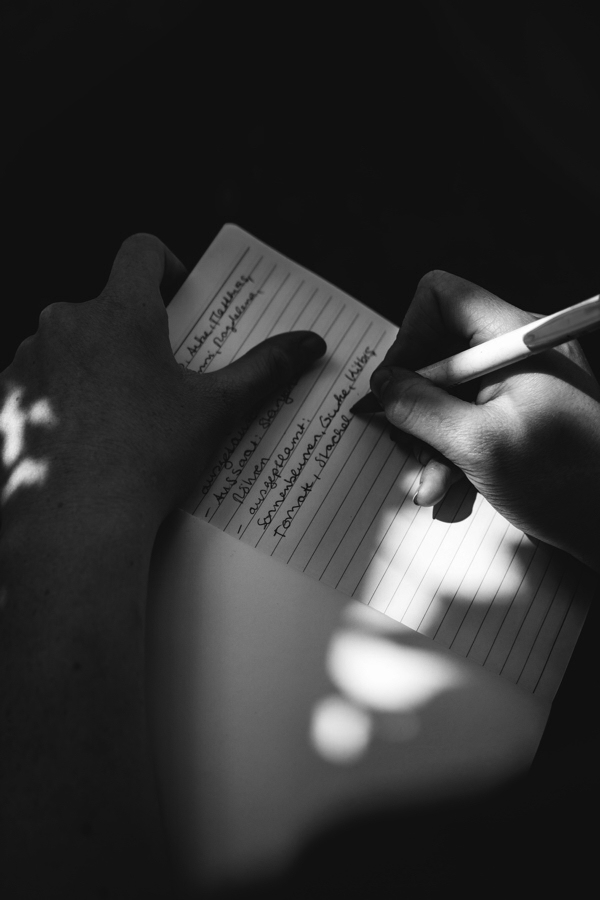
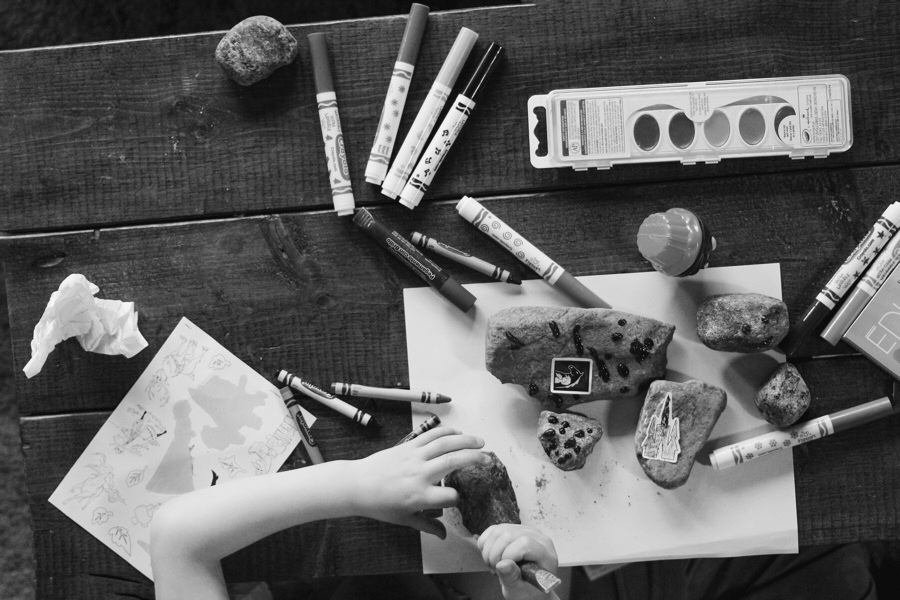
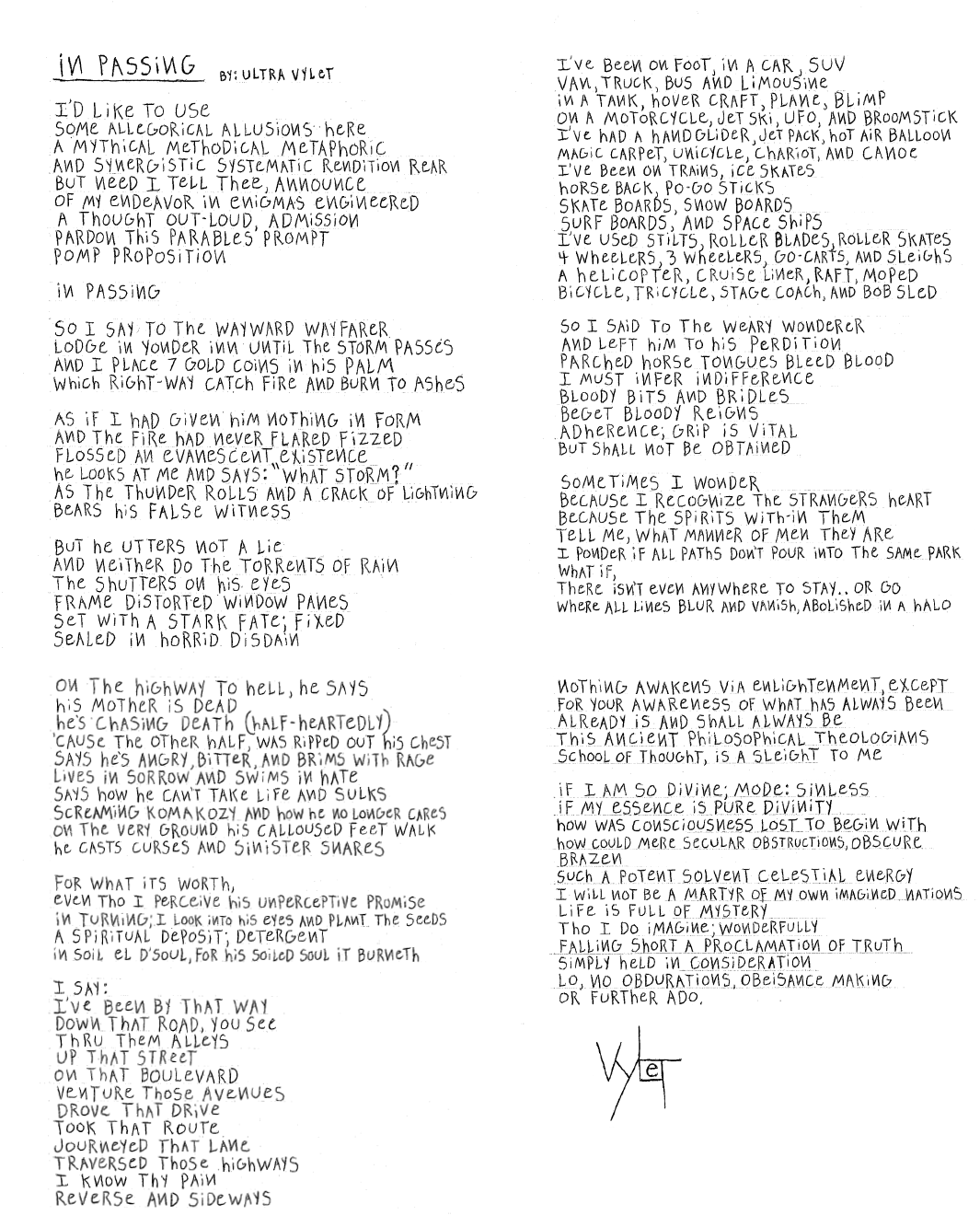


.png?format=1500w)


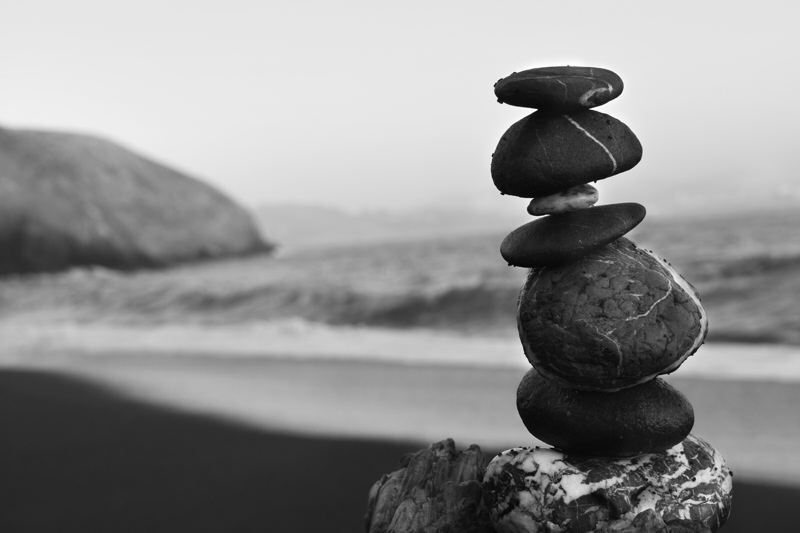
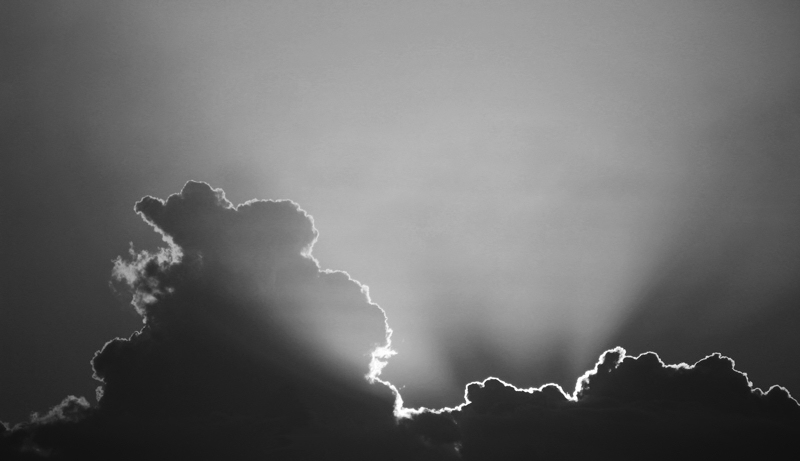
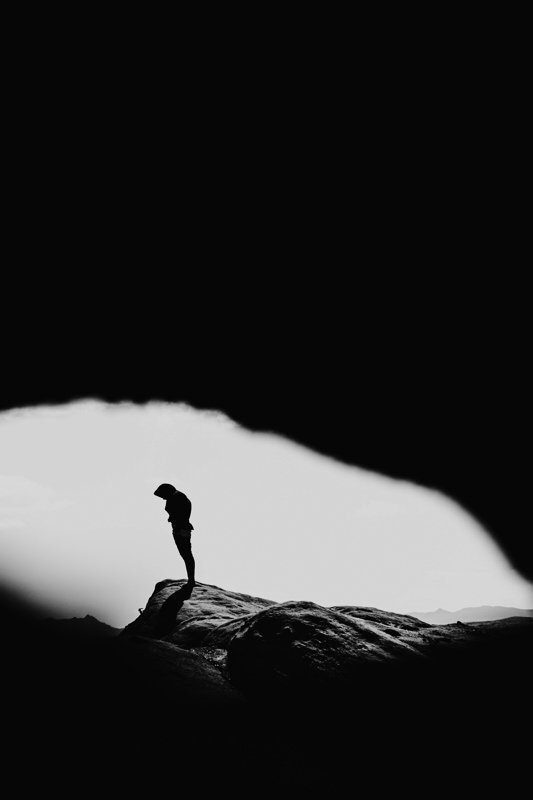

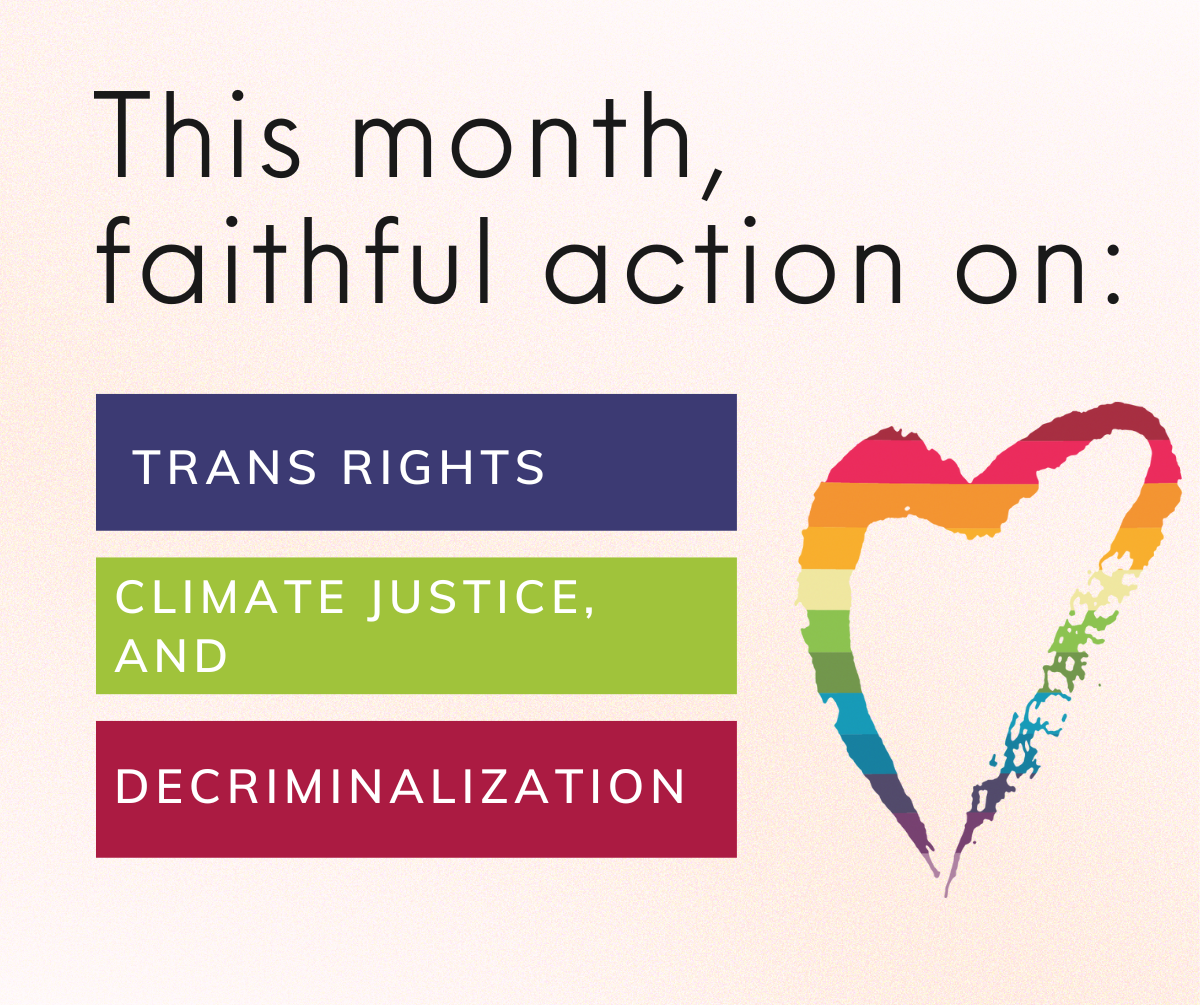
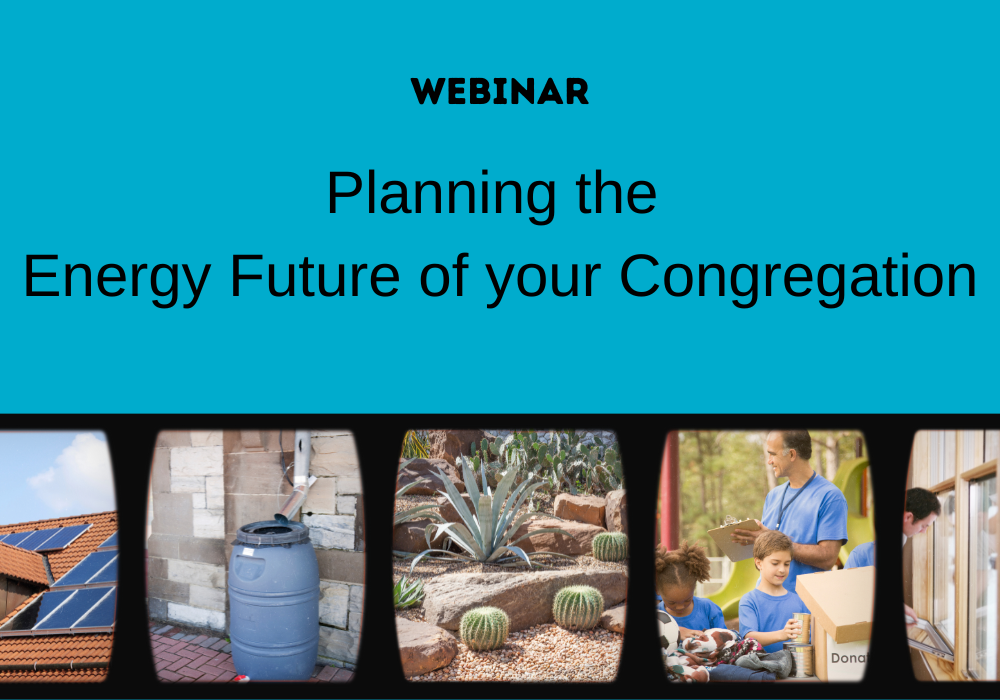




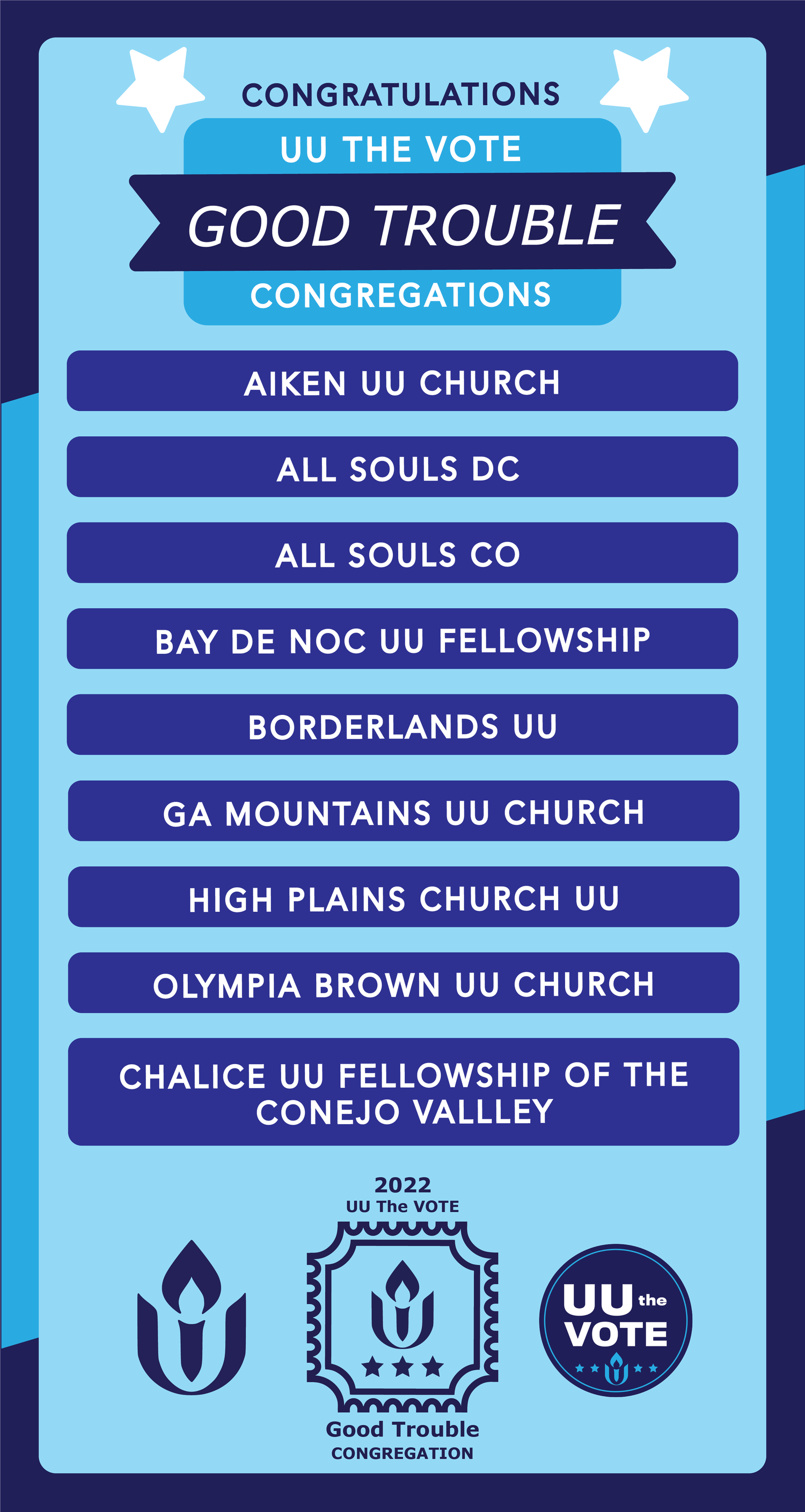

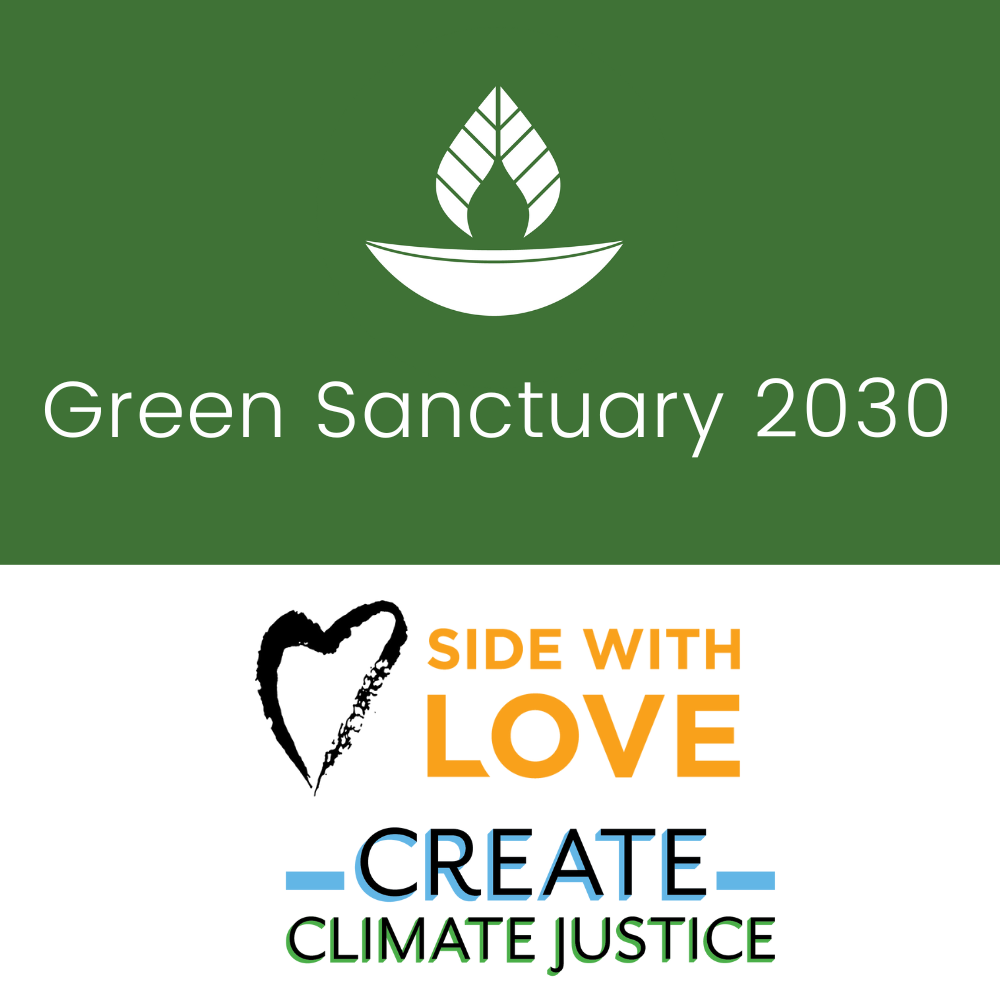


 (Facebook Event Cover) (1).png?format=1500w)



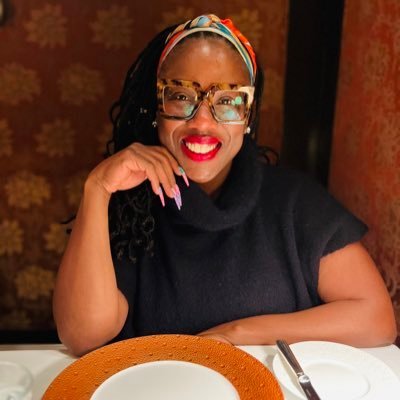

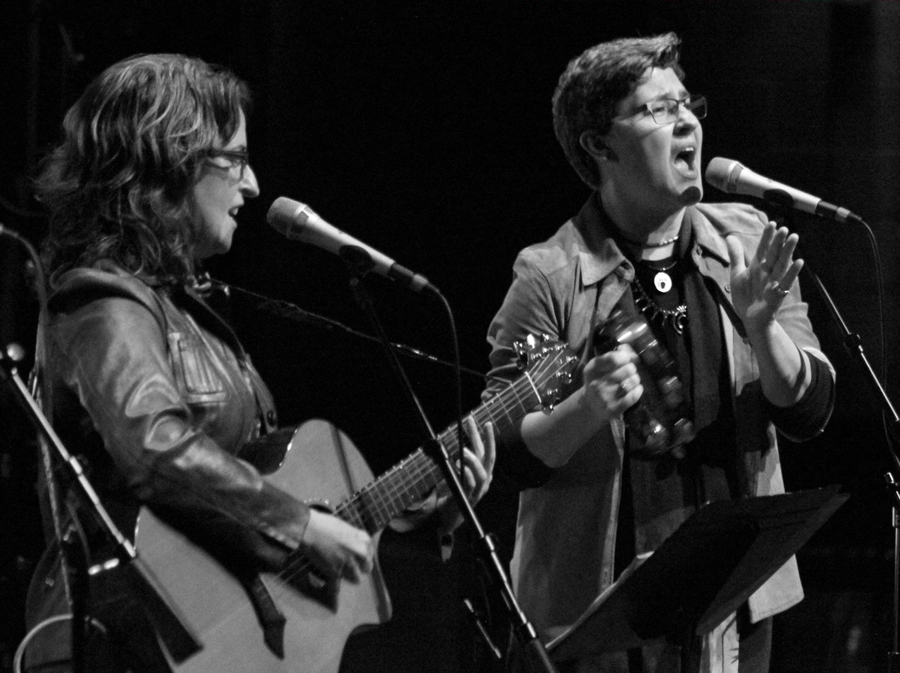
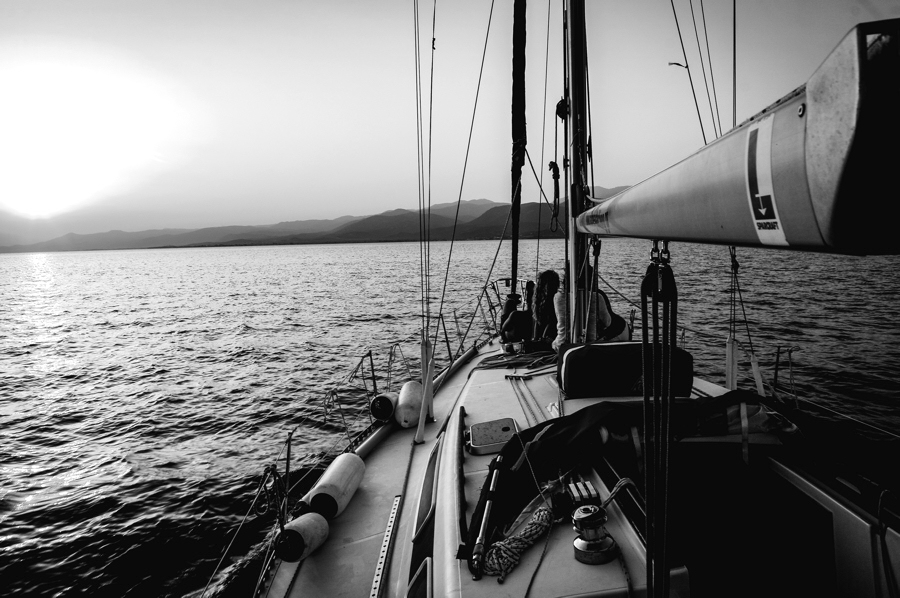
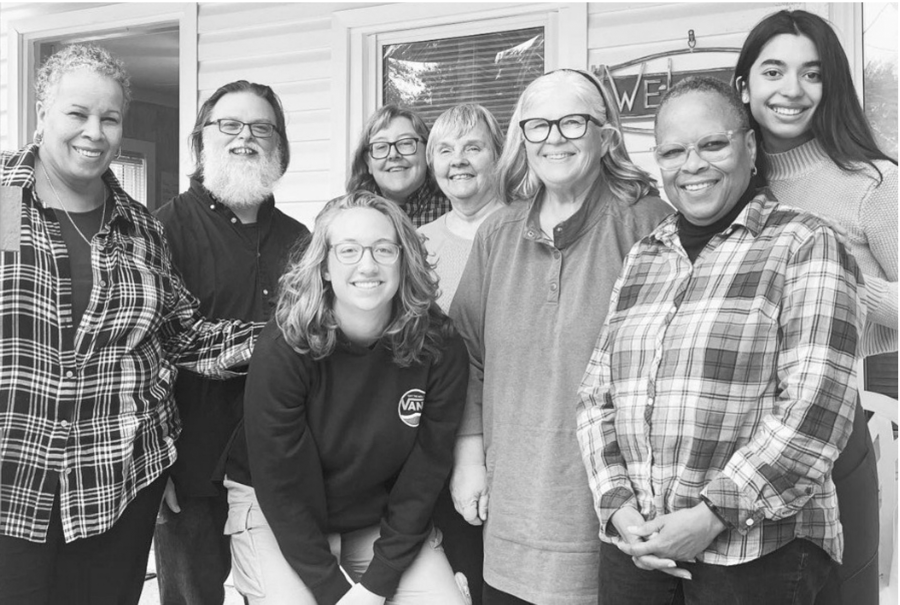

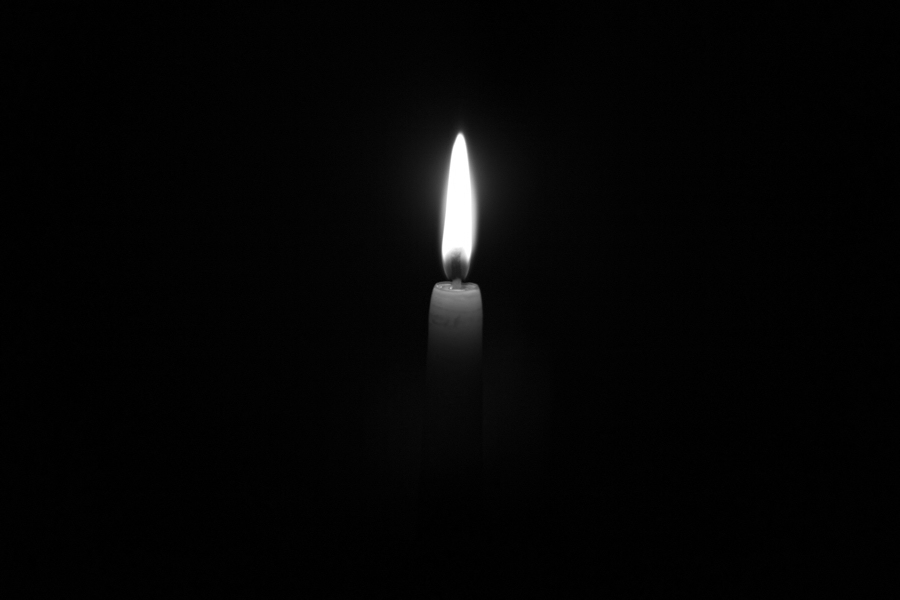

).png?format=1500w)

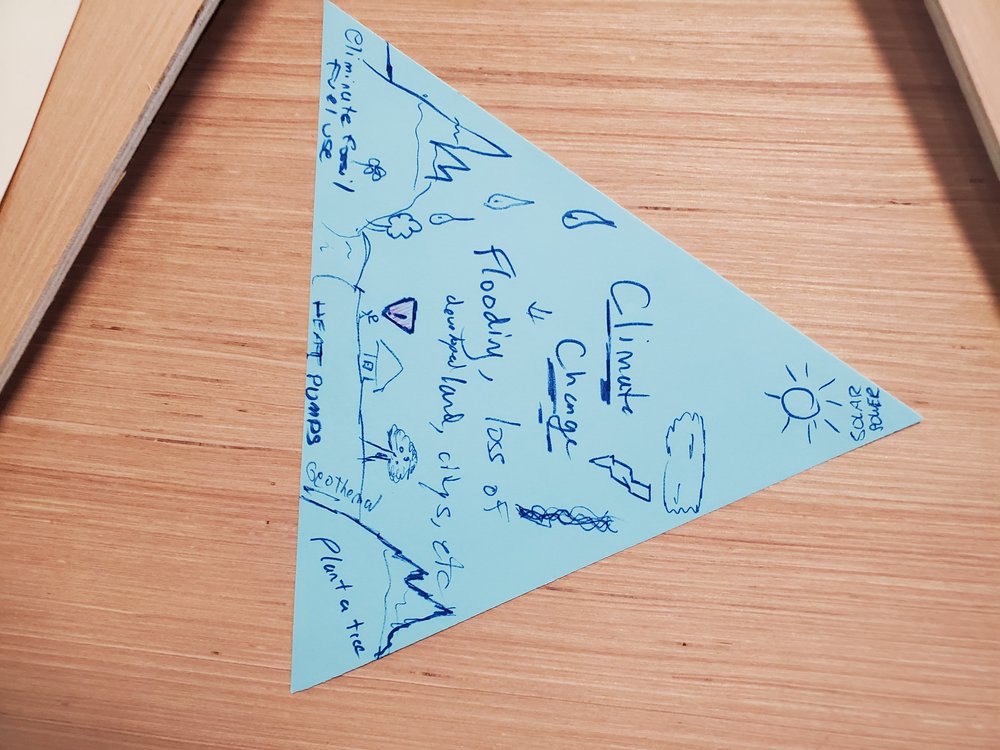
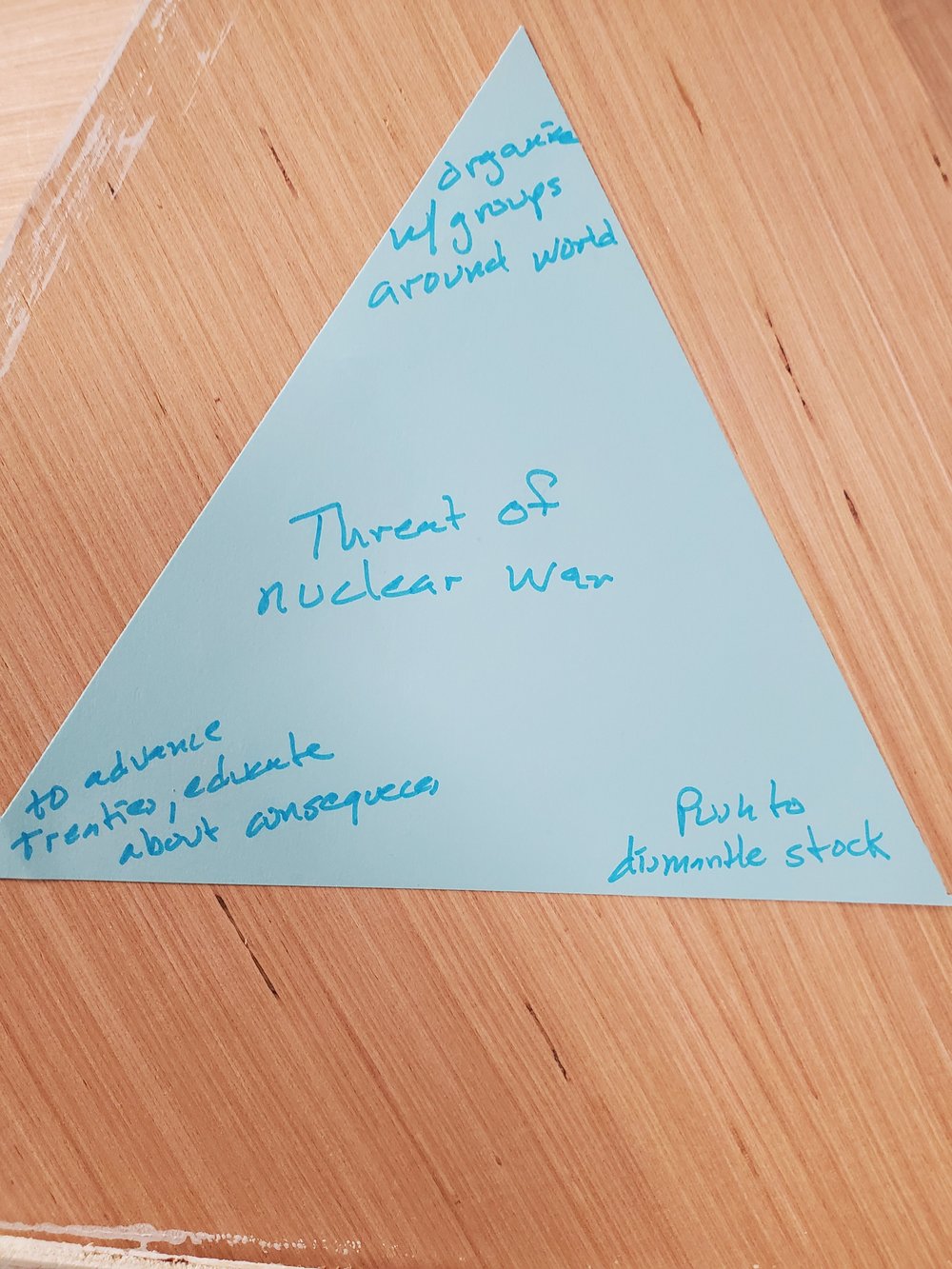
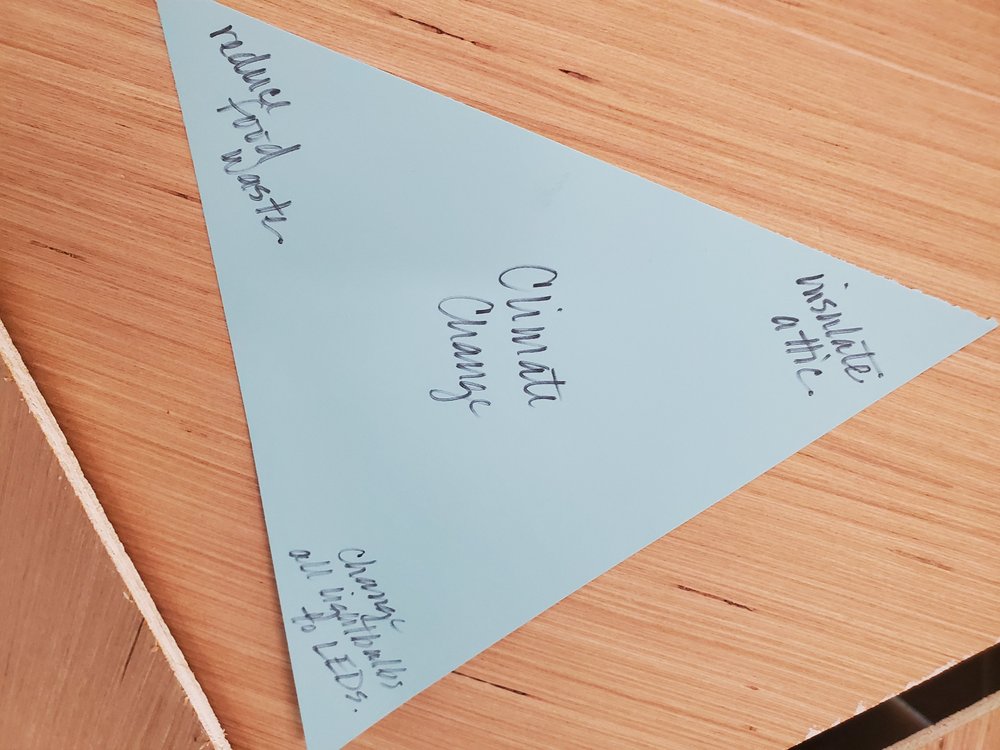
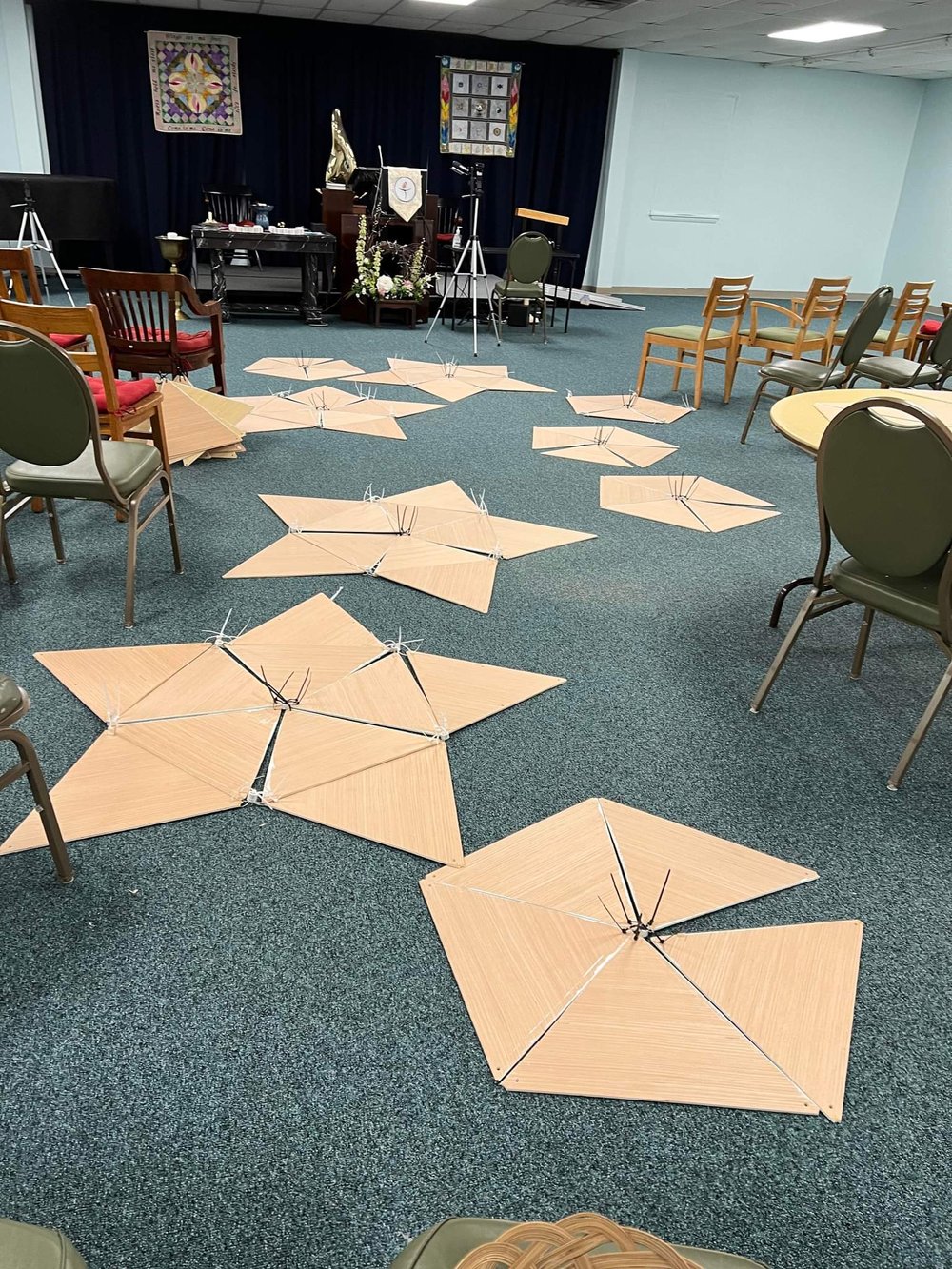
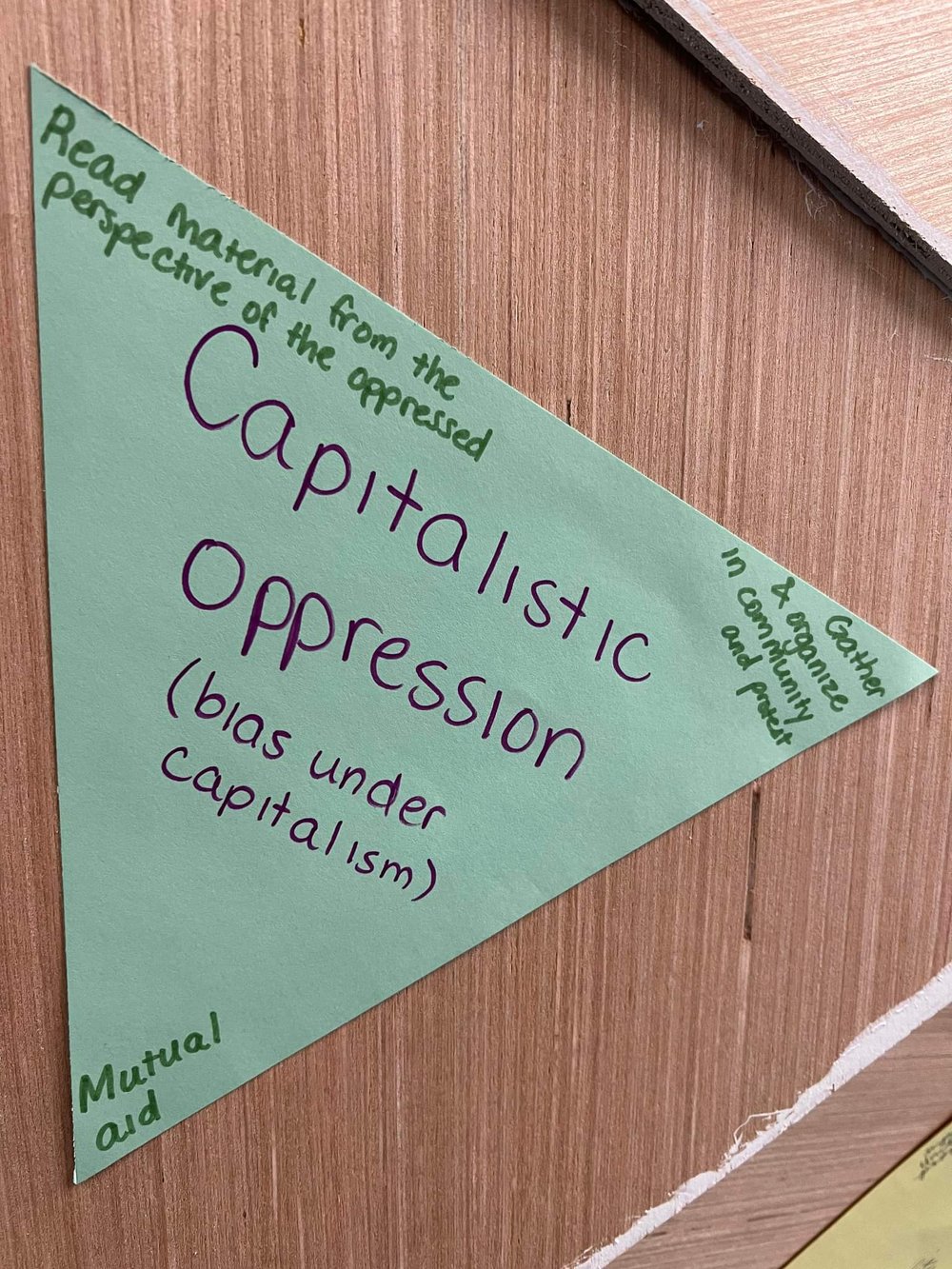
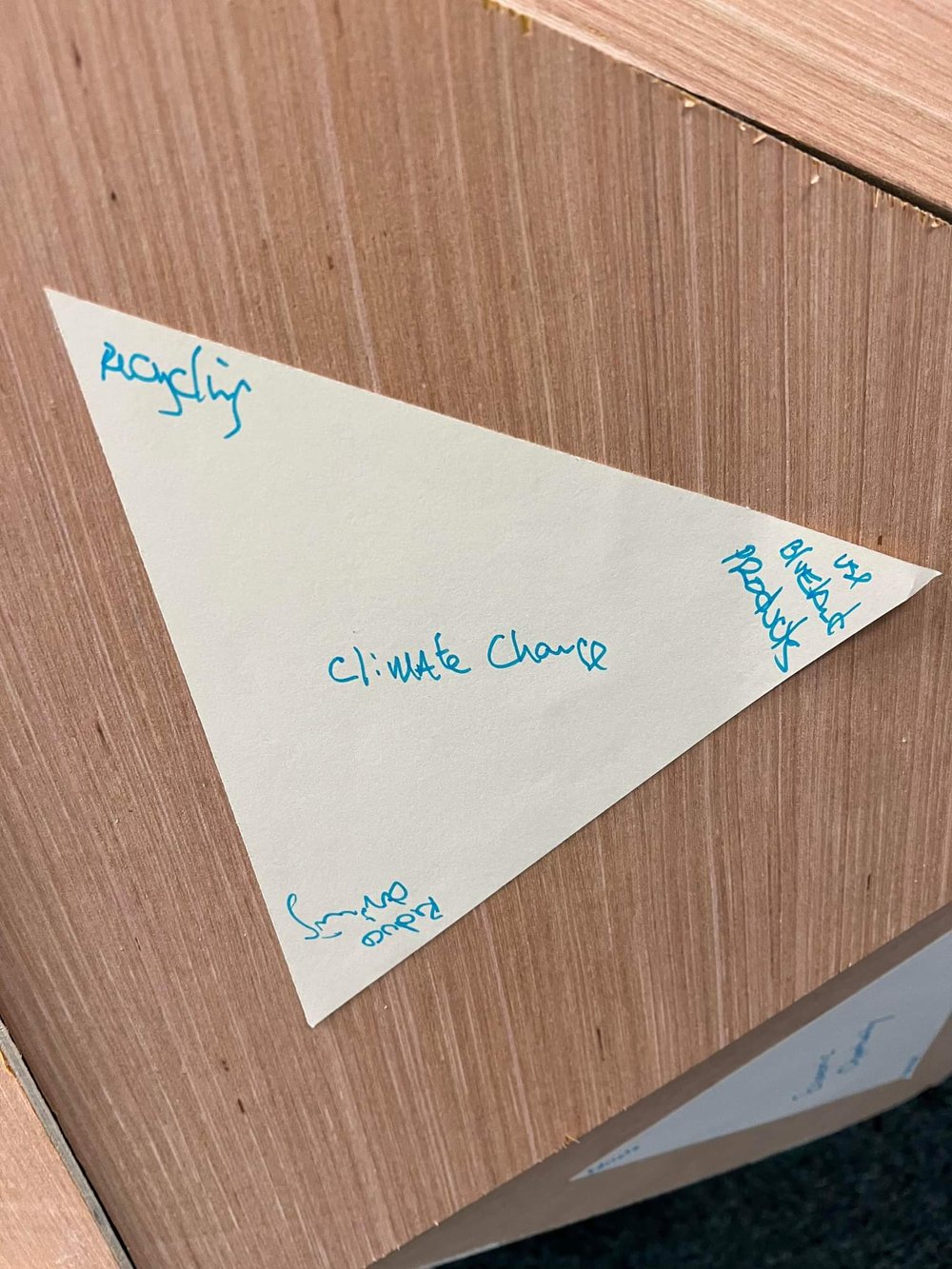
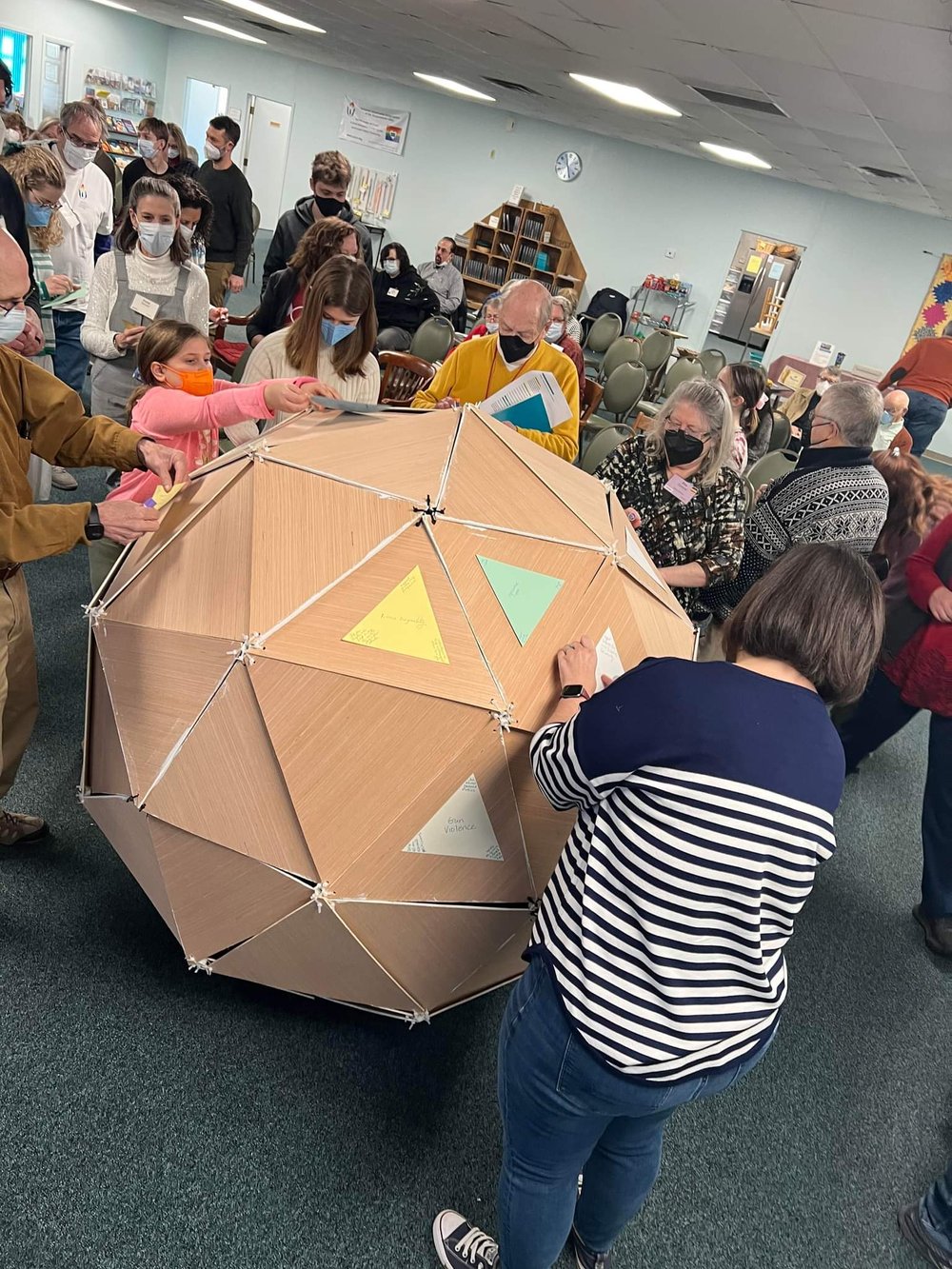
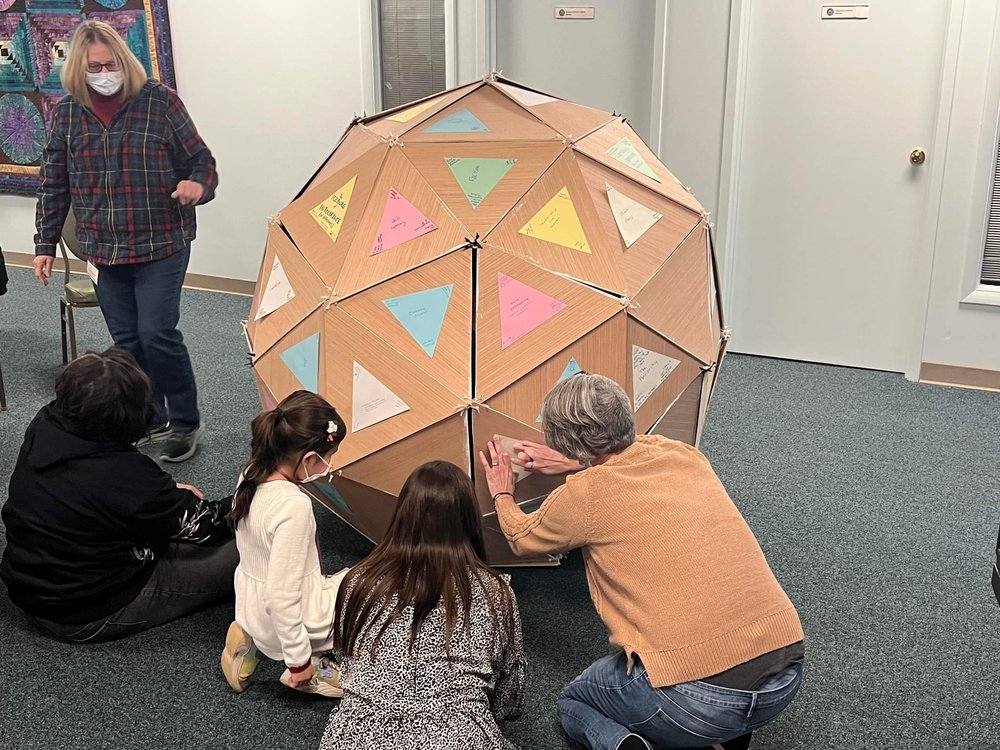
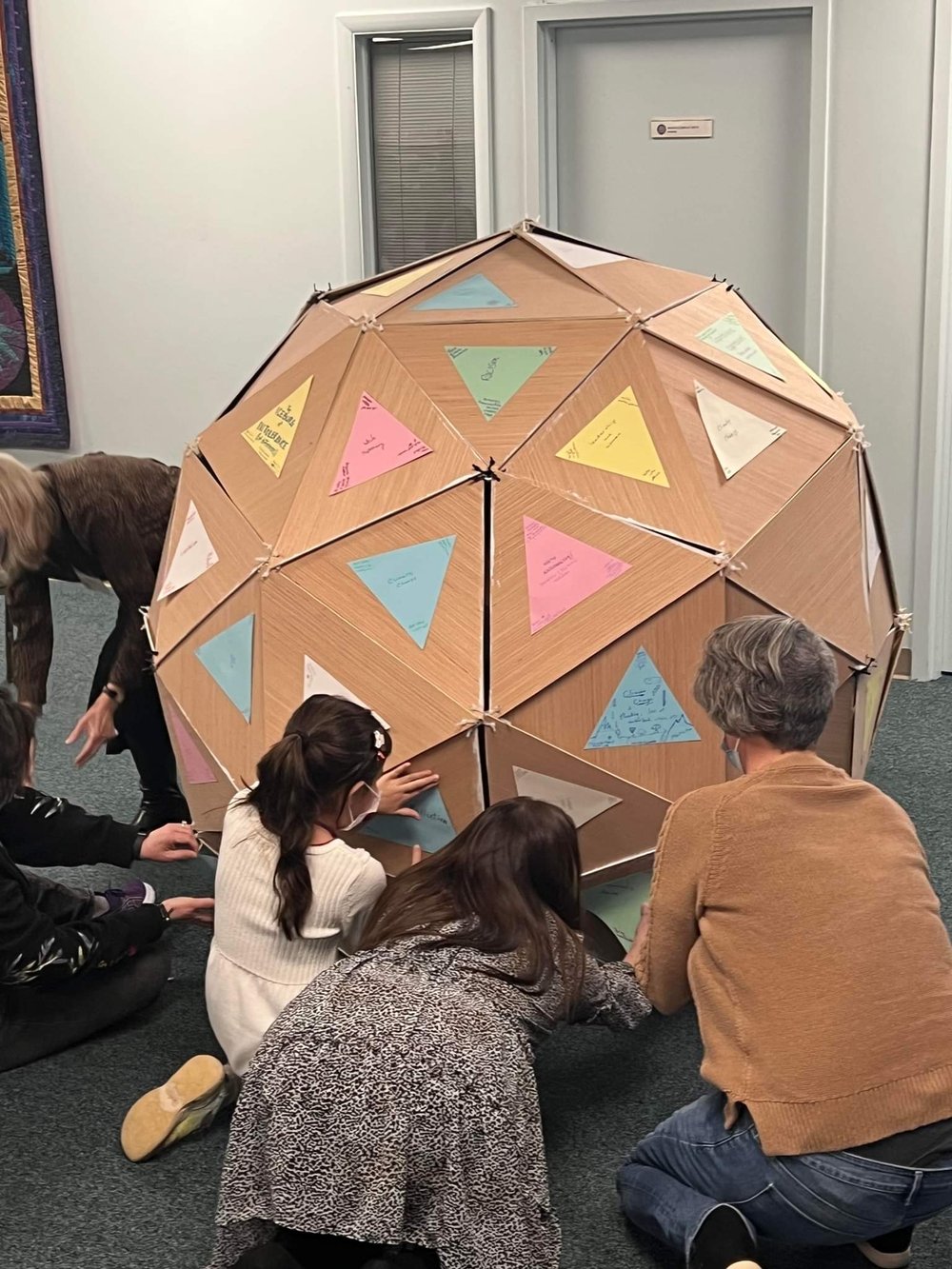
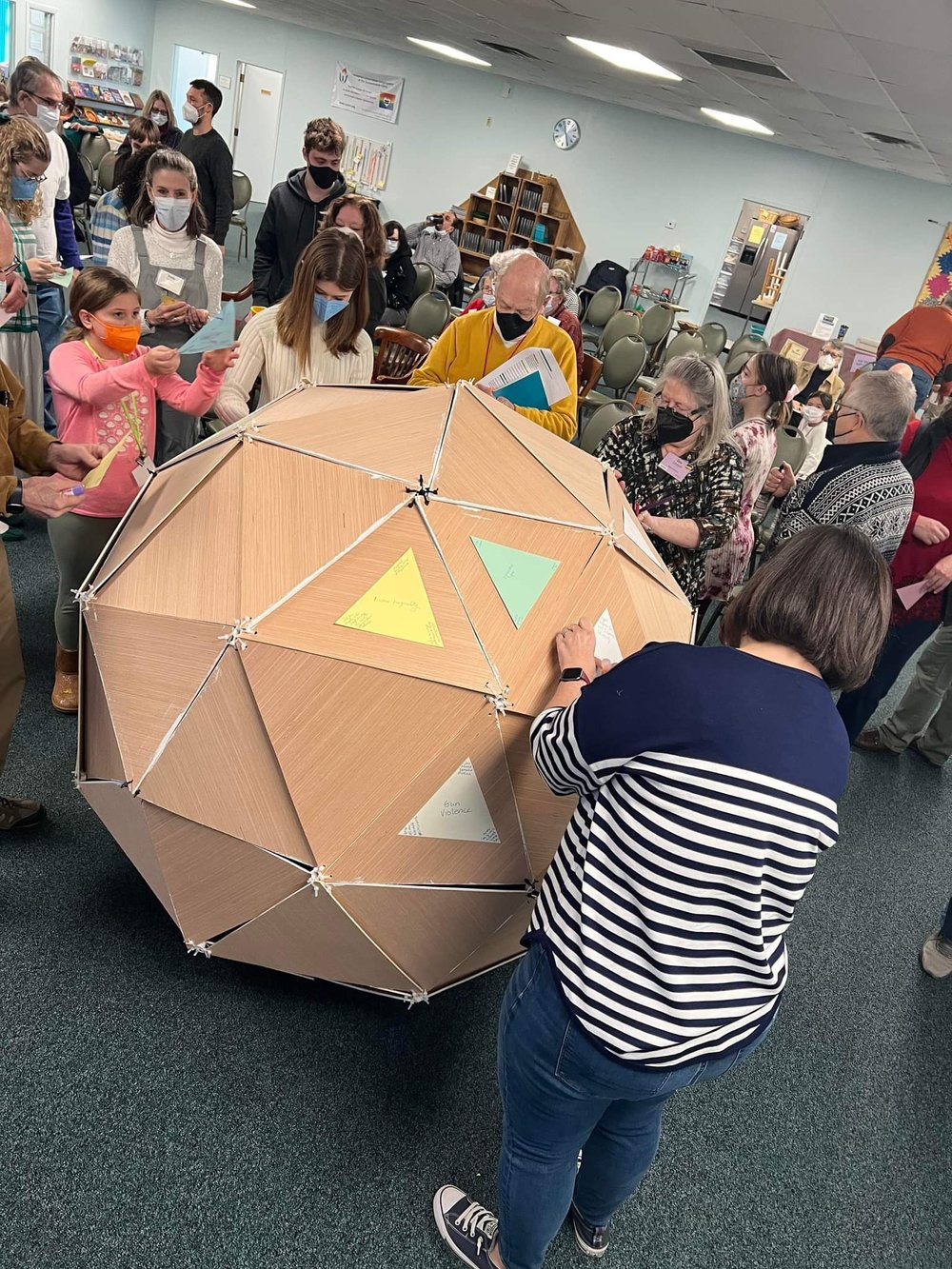
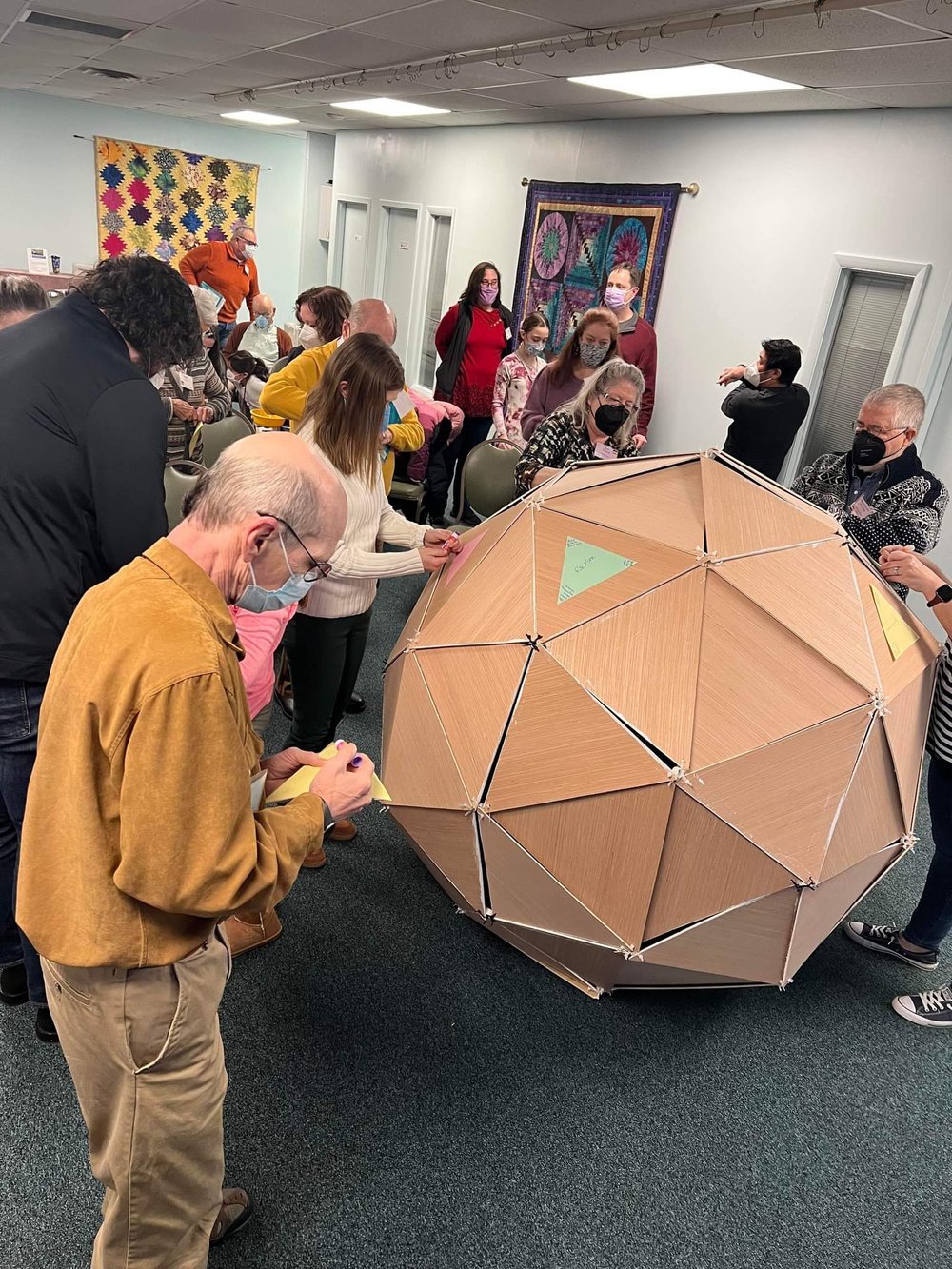



.png?format=1500w)
 - corrected.png?format=1500w)
 (Instagram Post (Square)).png?format=1500w)
 (1080 × 1200 px) (1000 × 700 px).png?format=1500w)

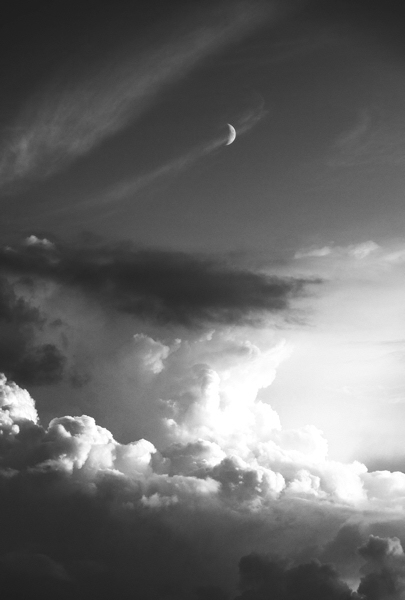
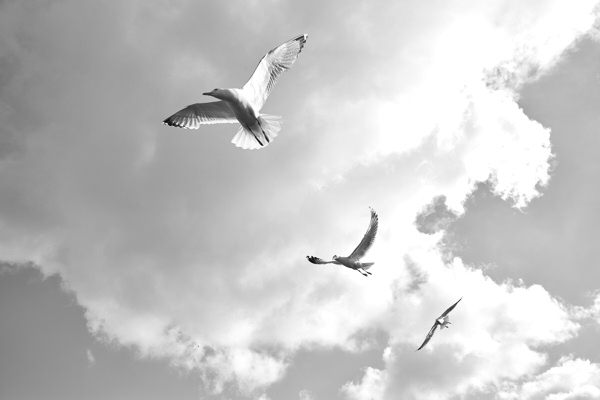






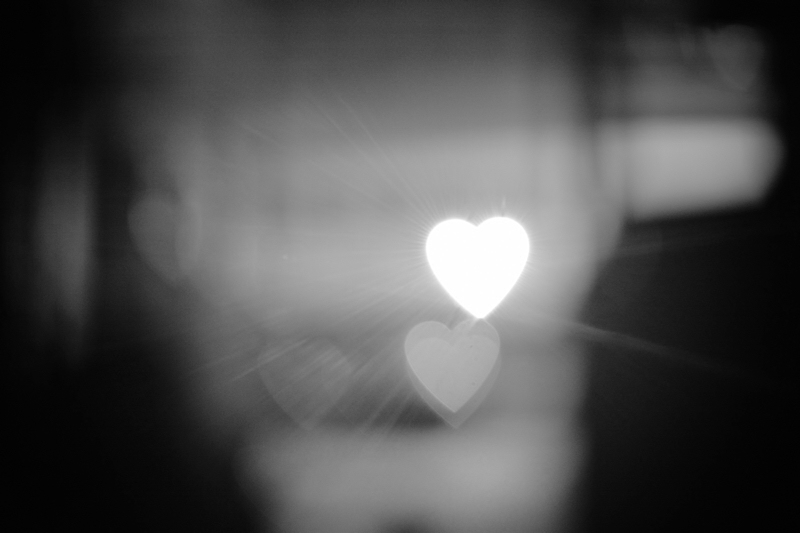
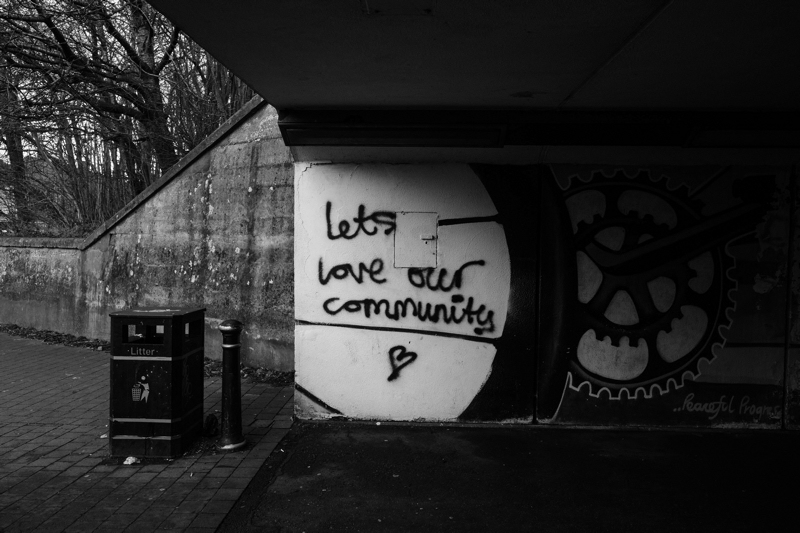







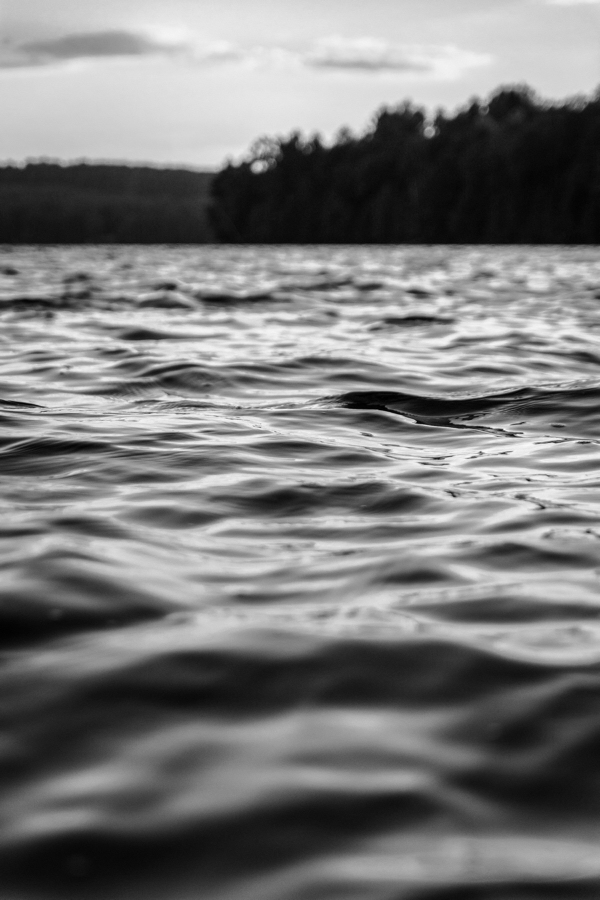
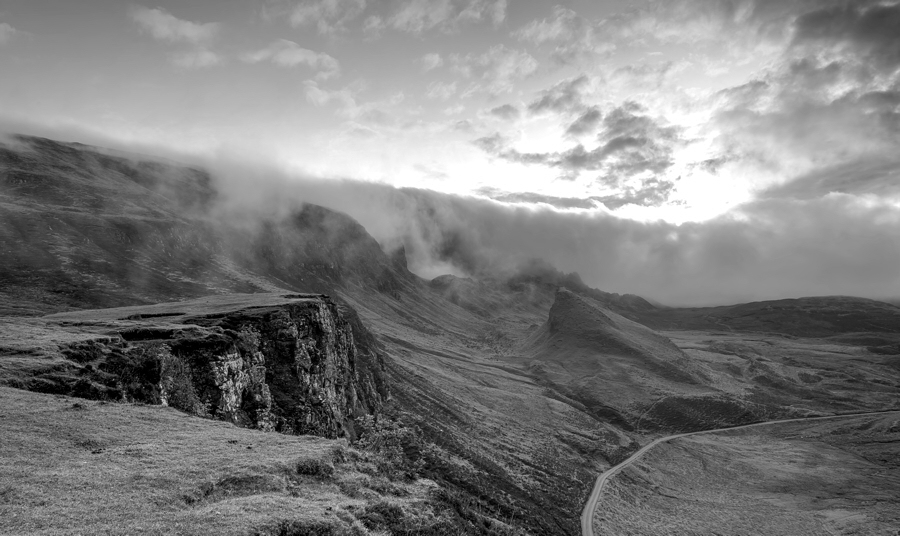
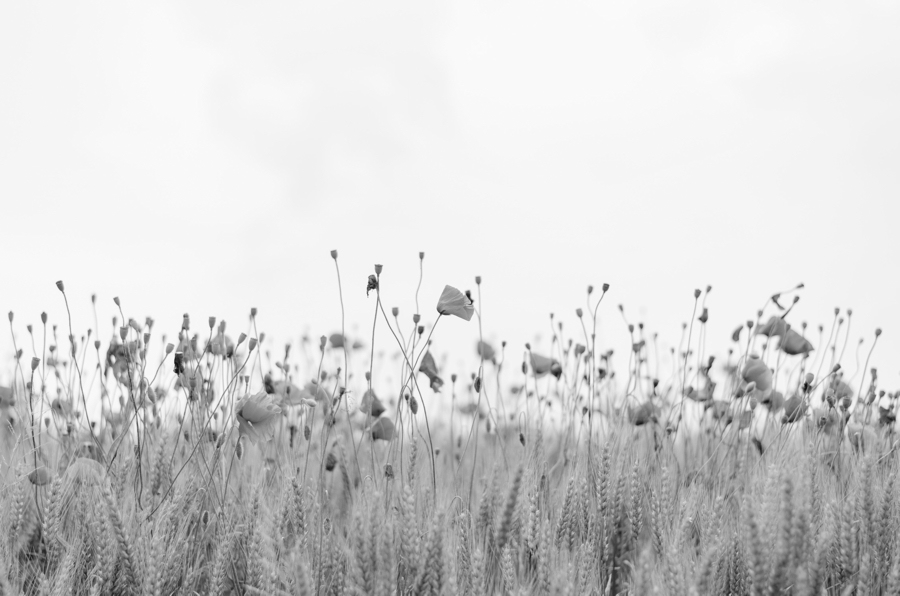



.png?format=1500w)


 (1000 × 1000 px).png?format=1500w)



